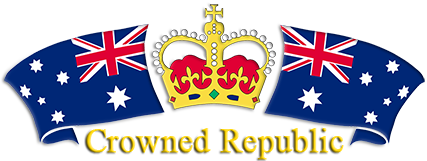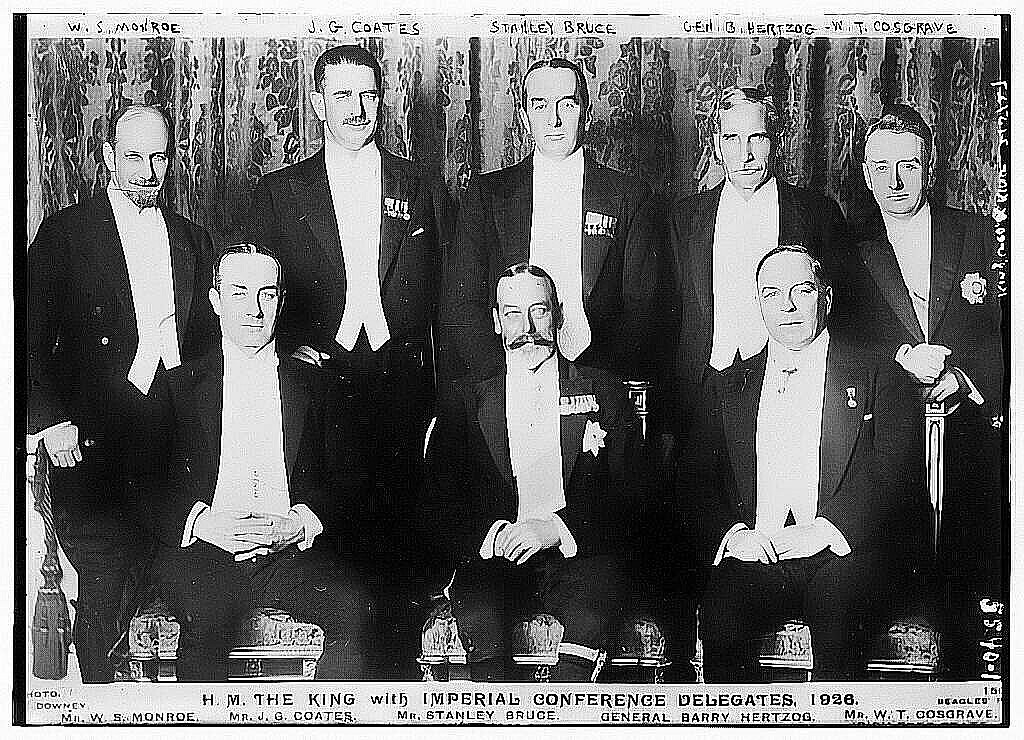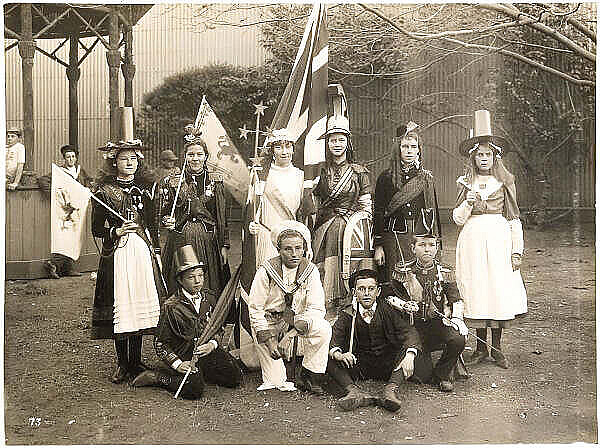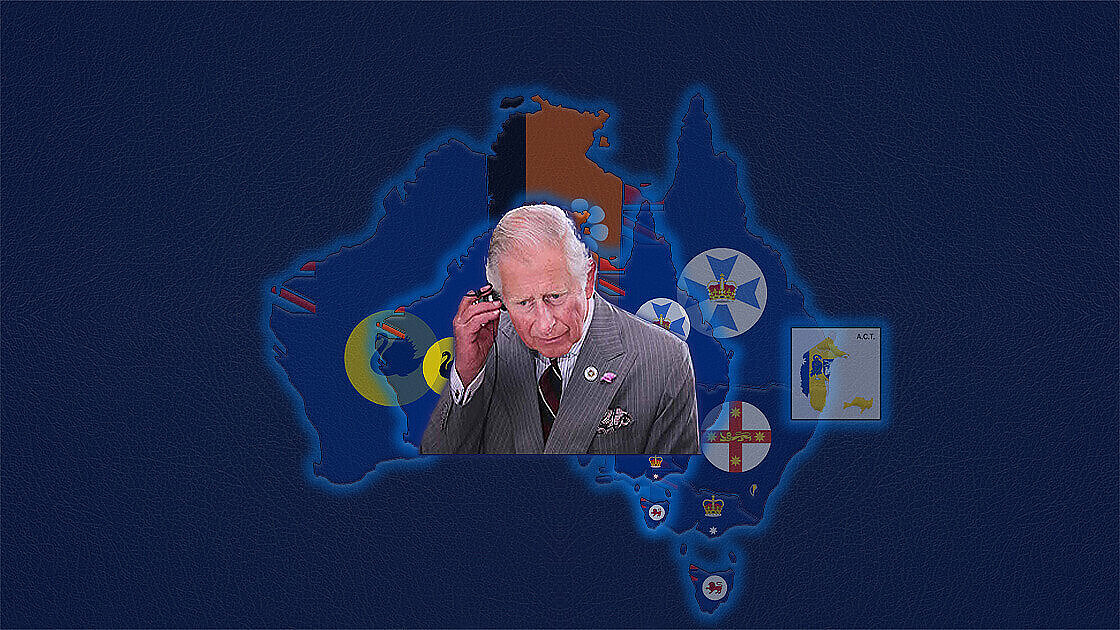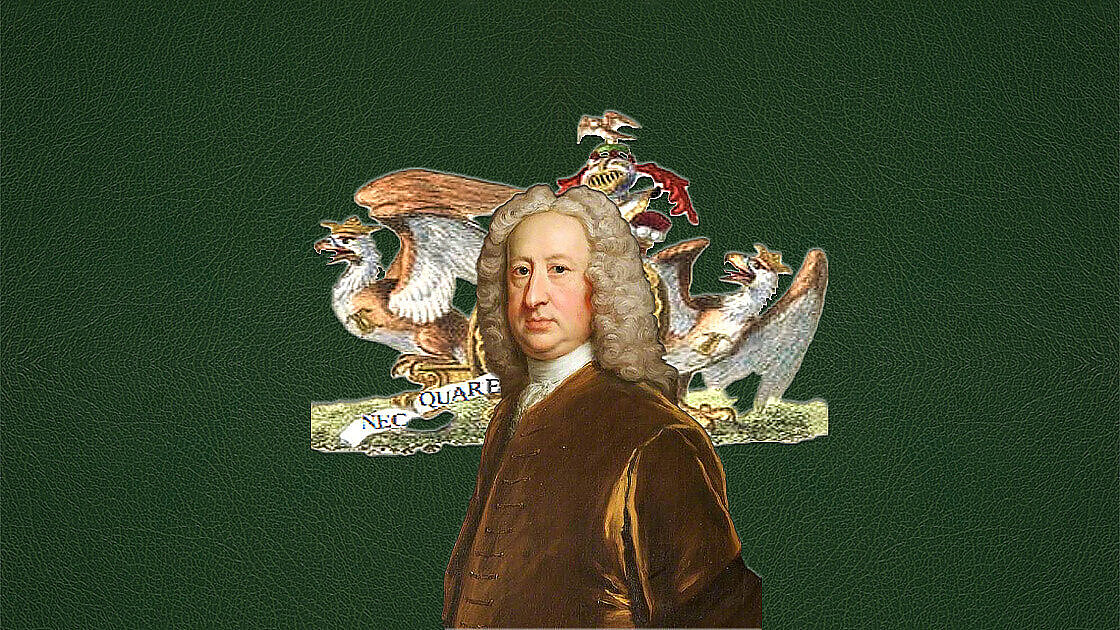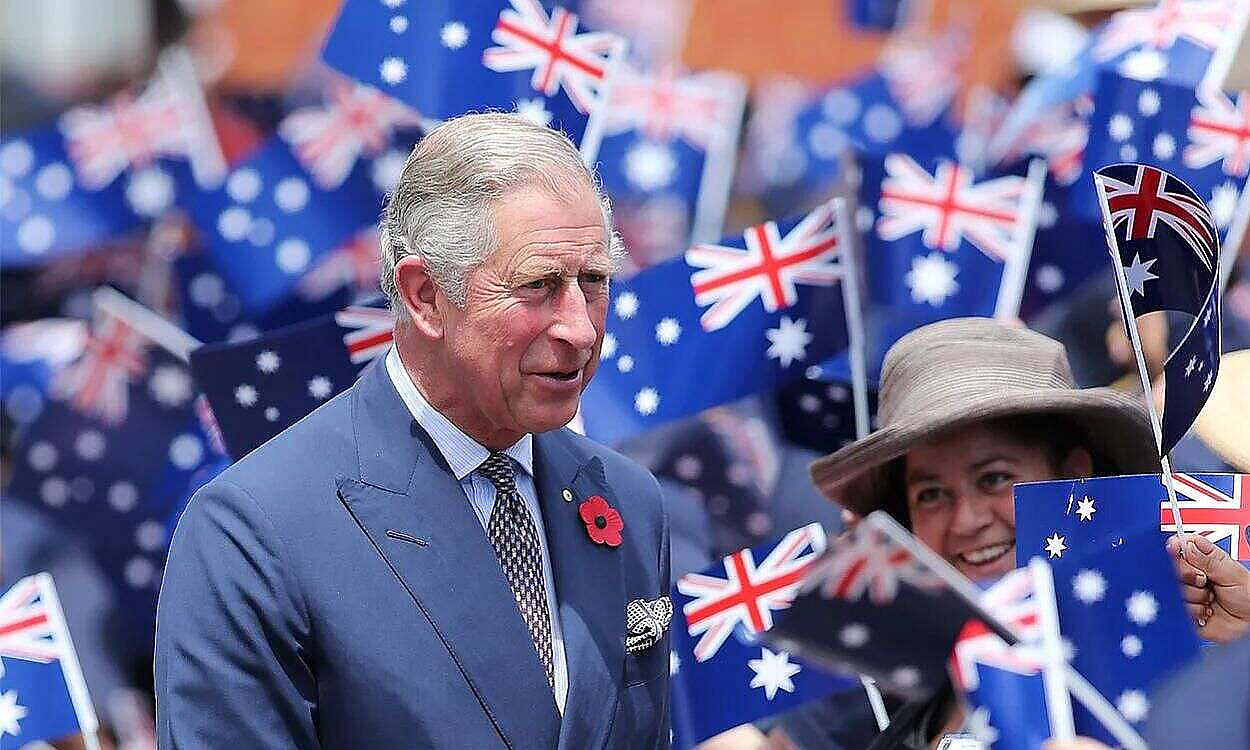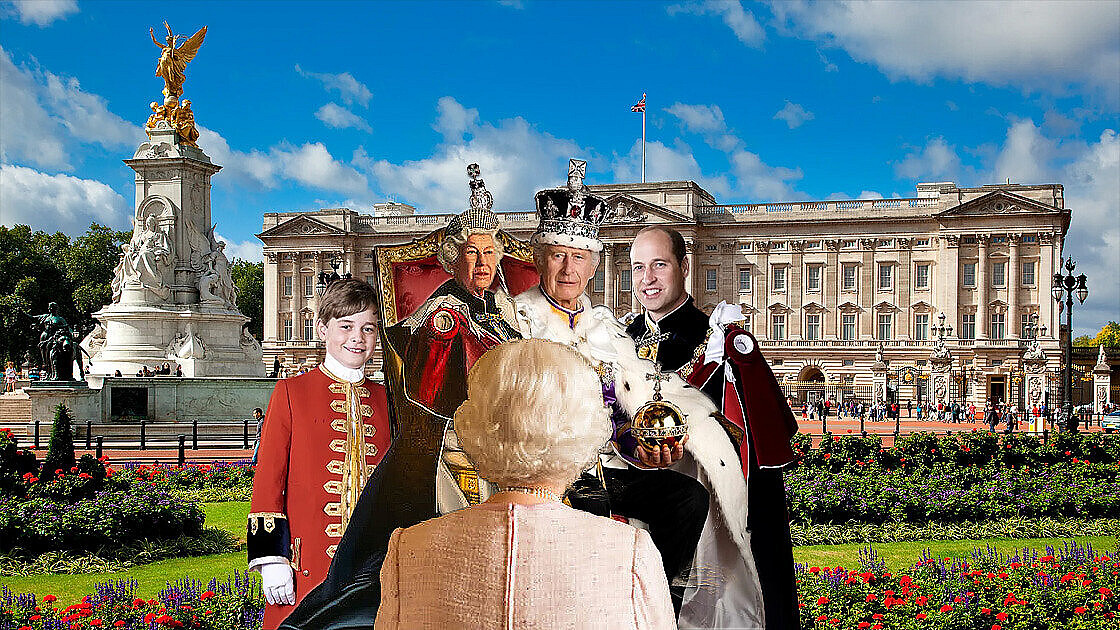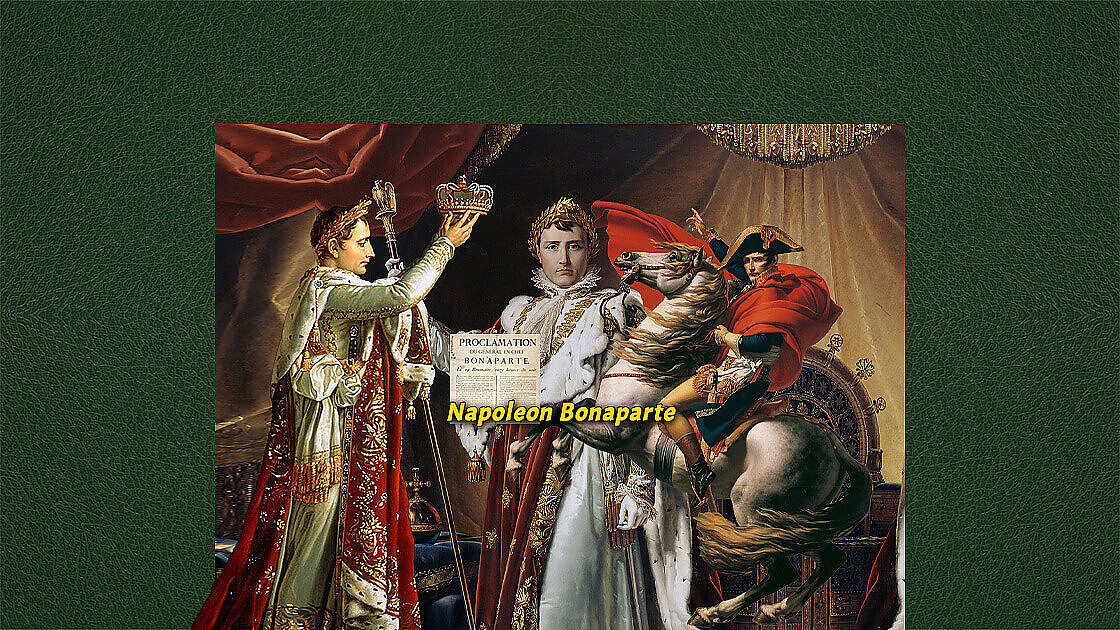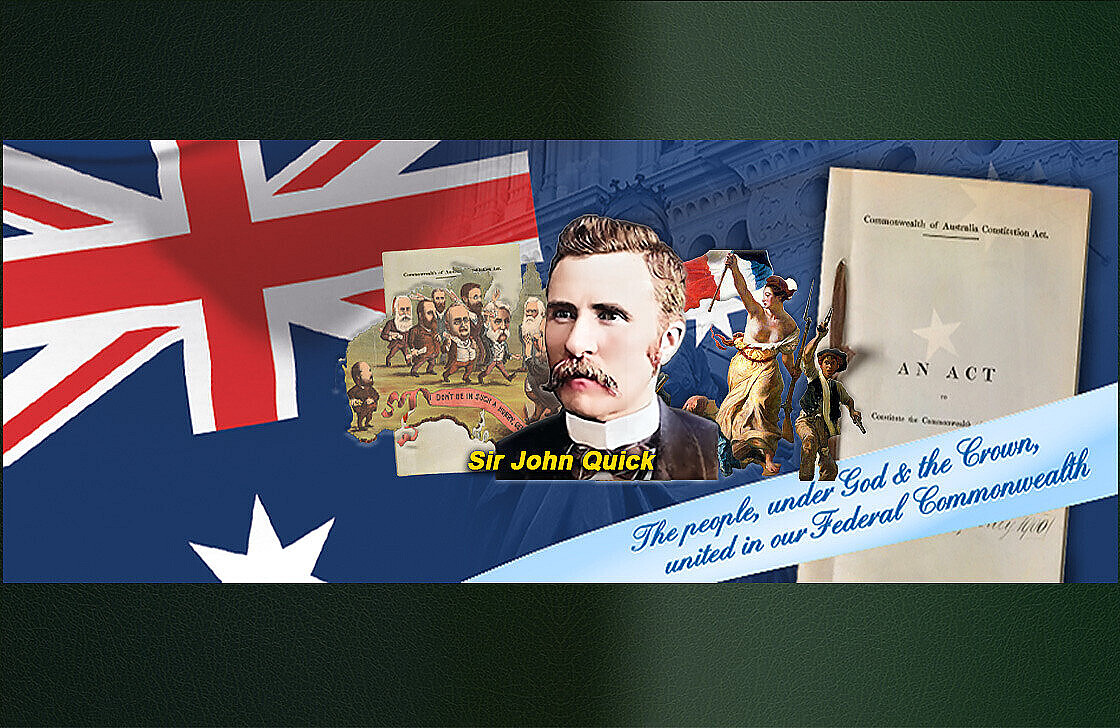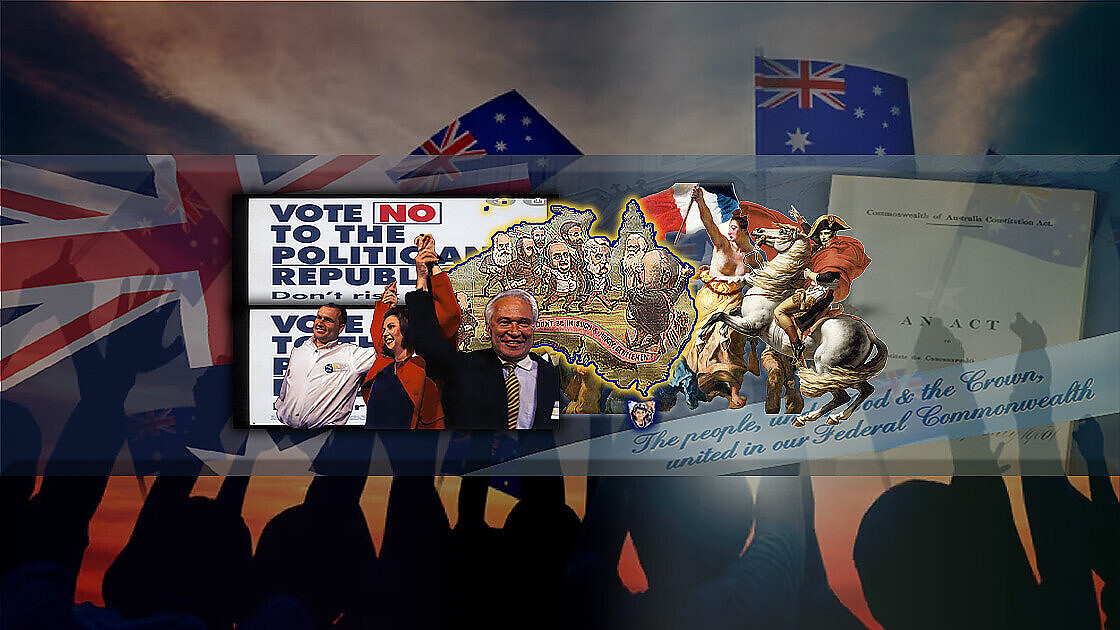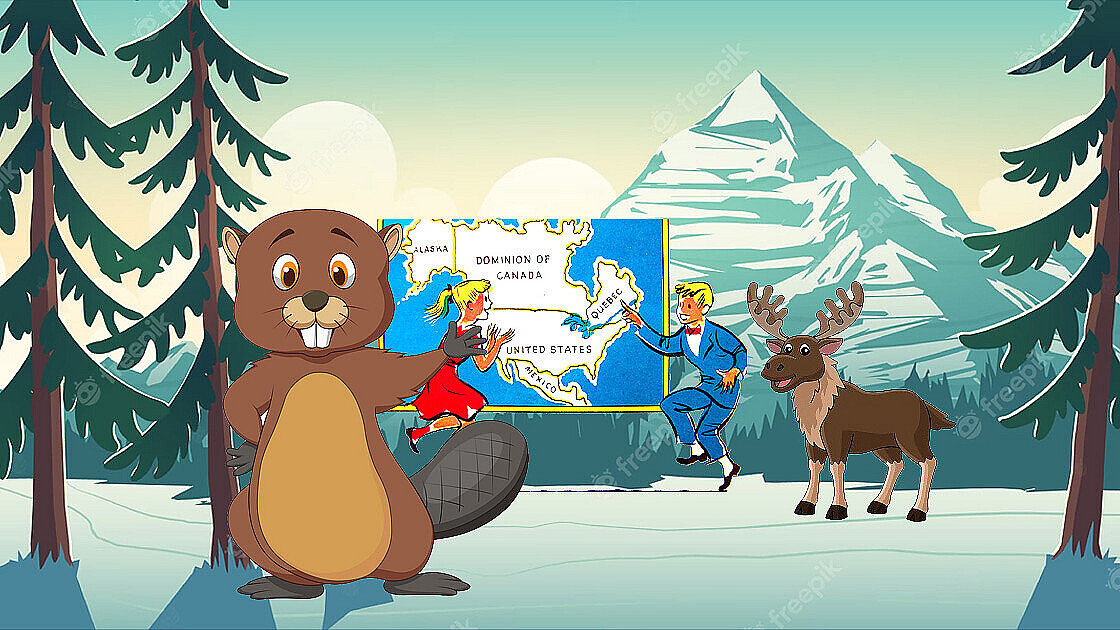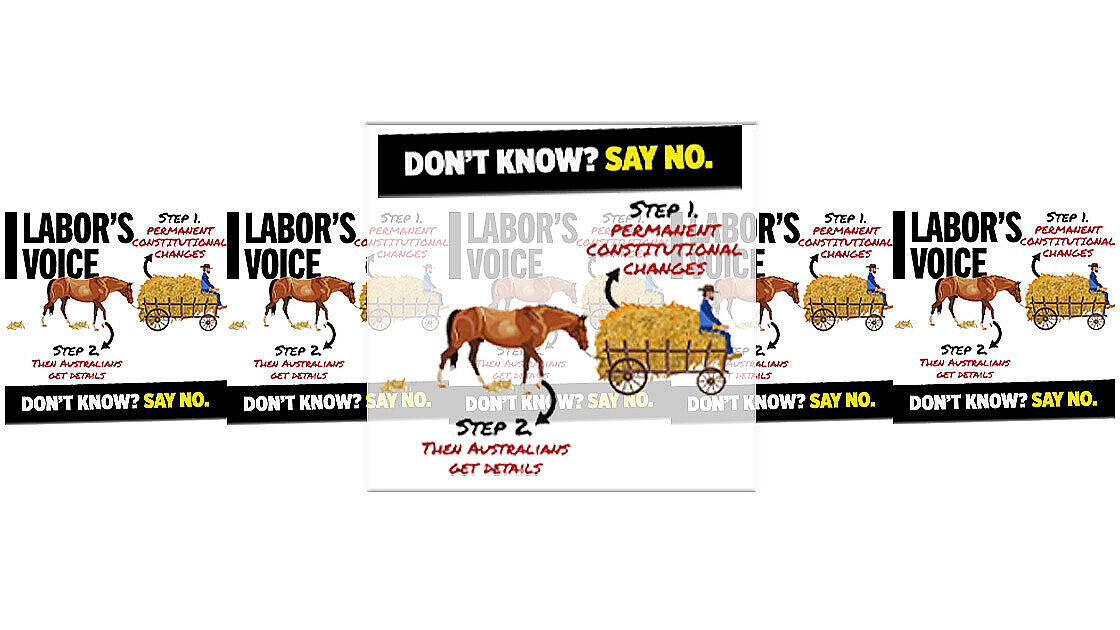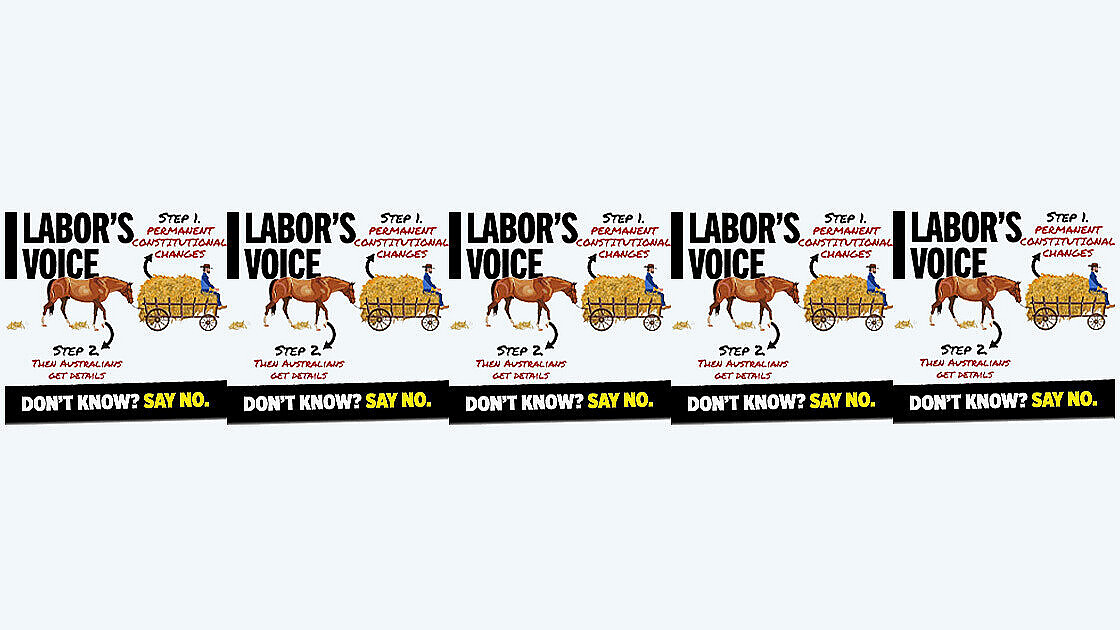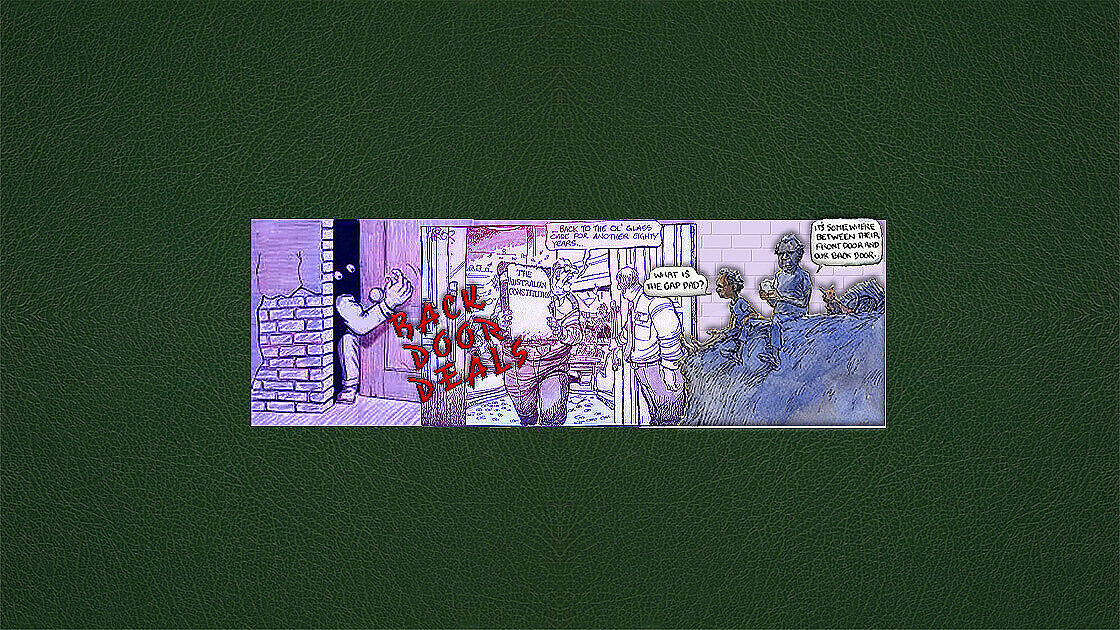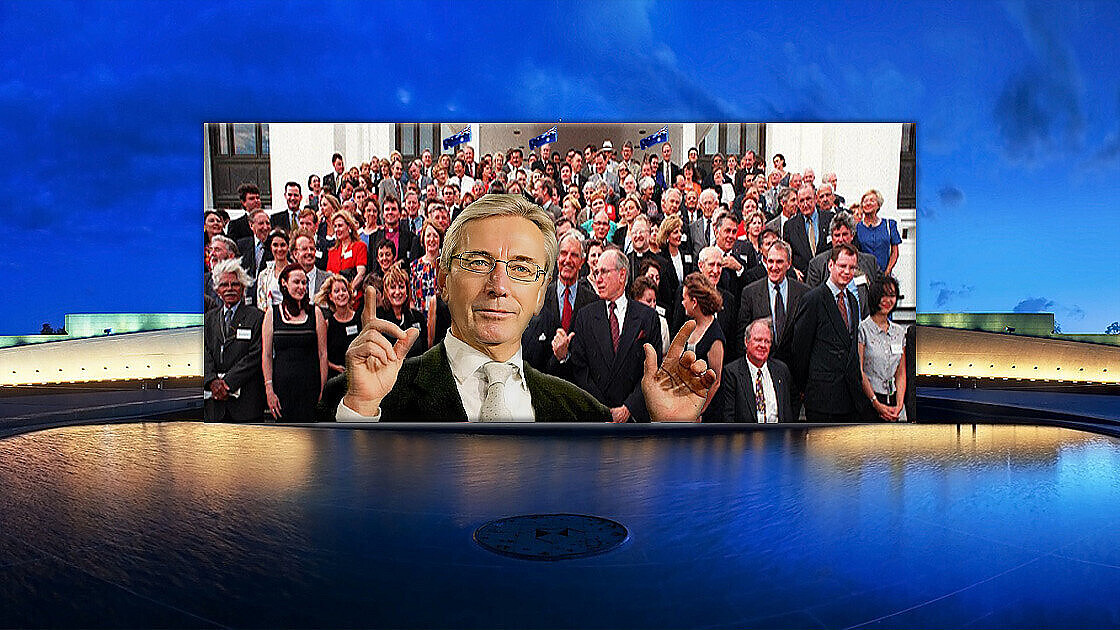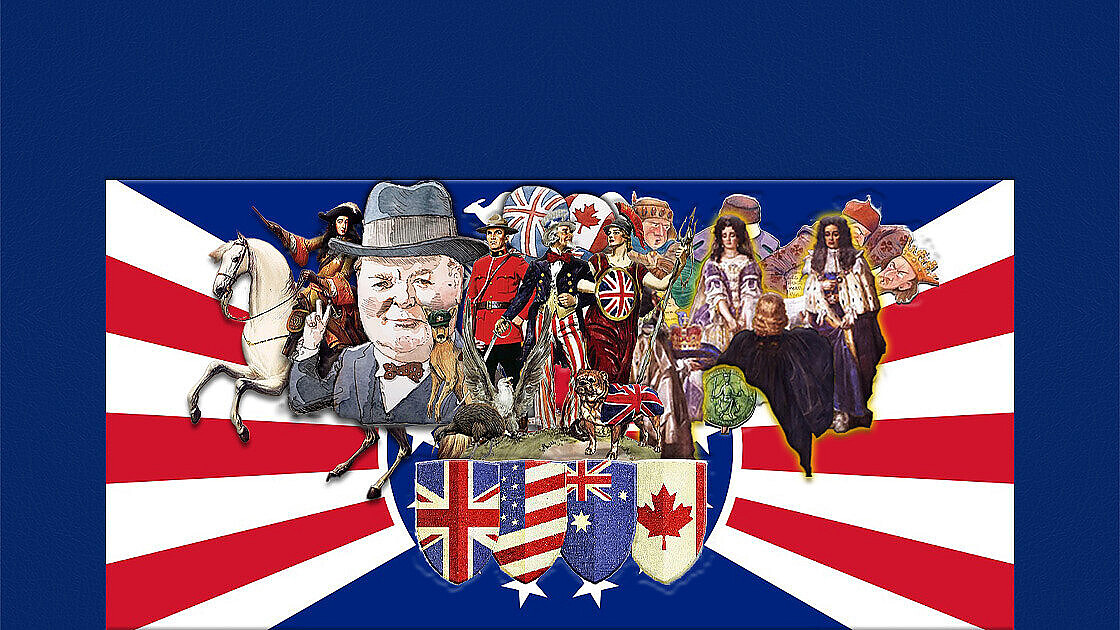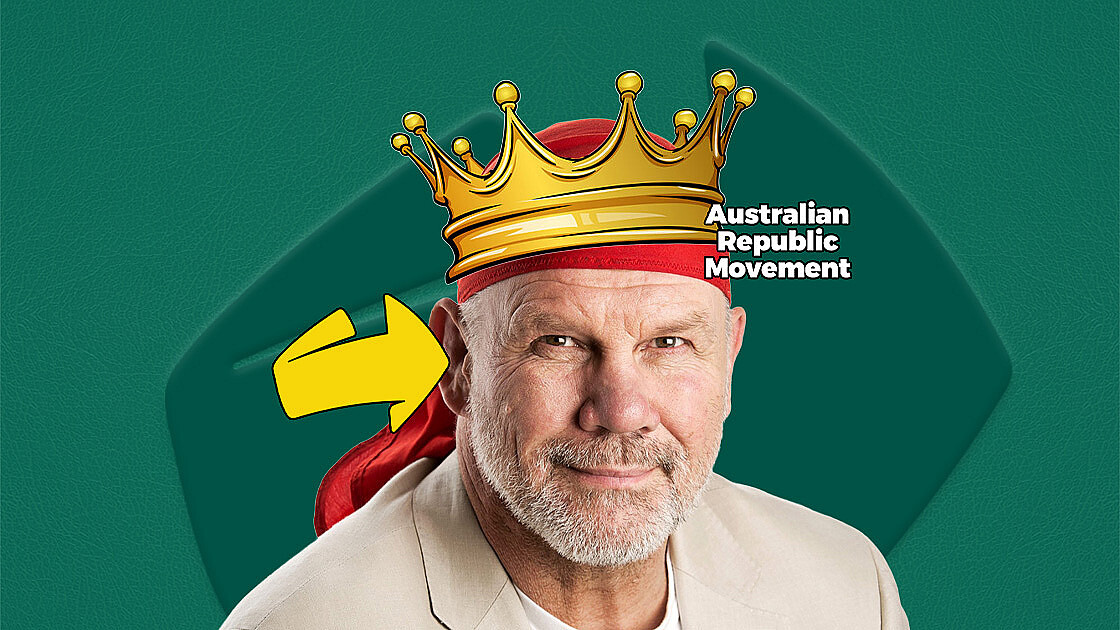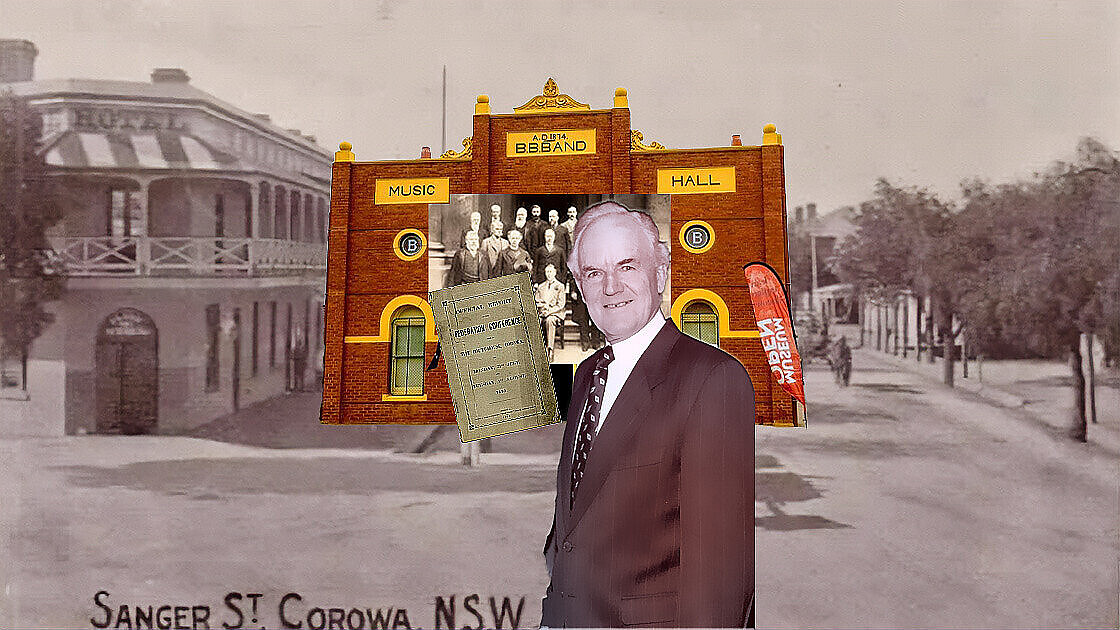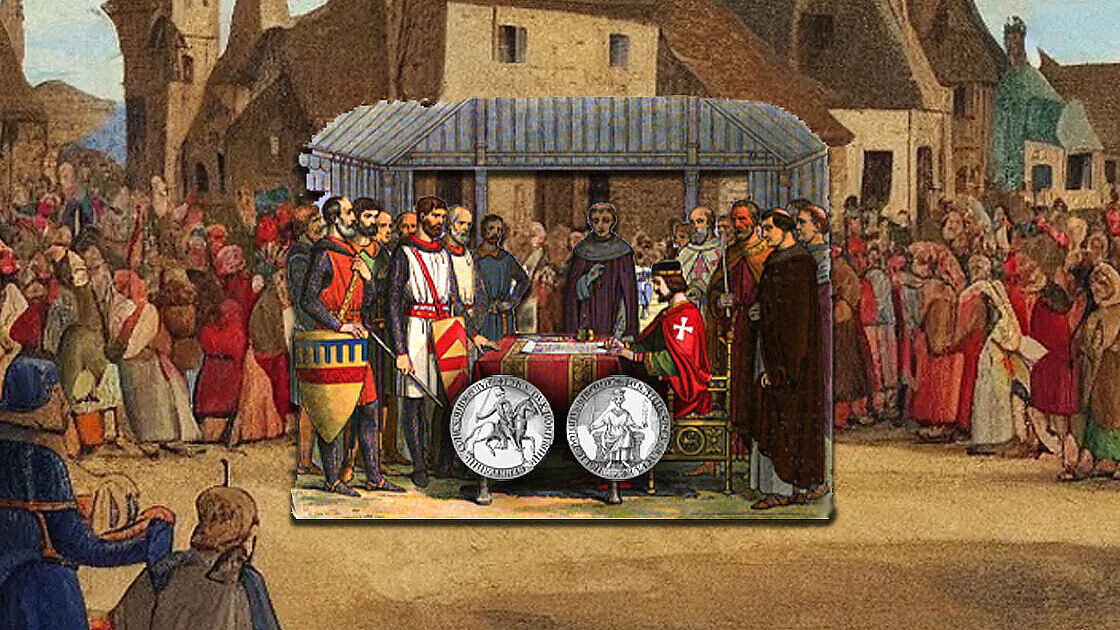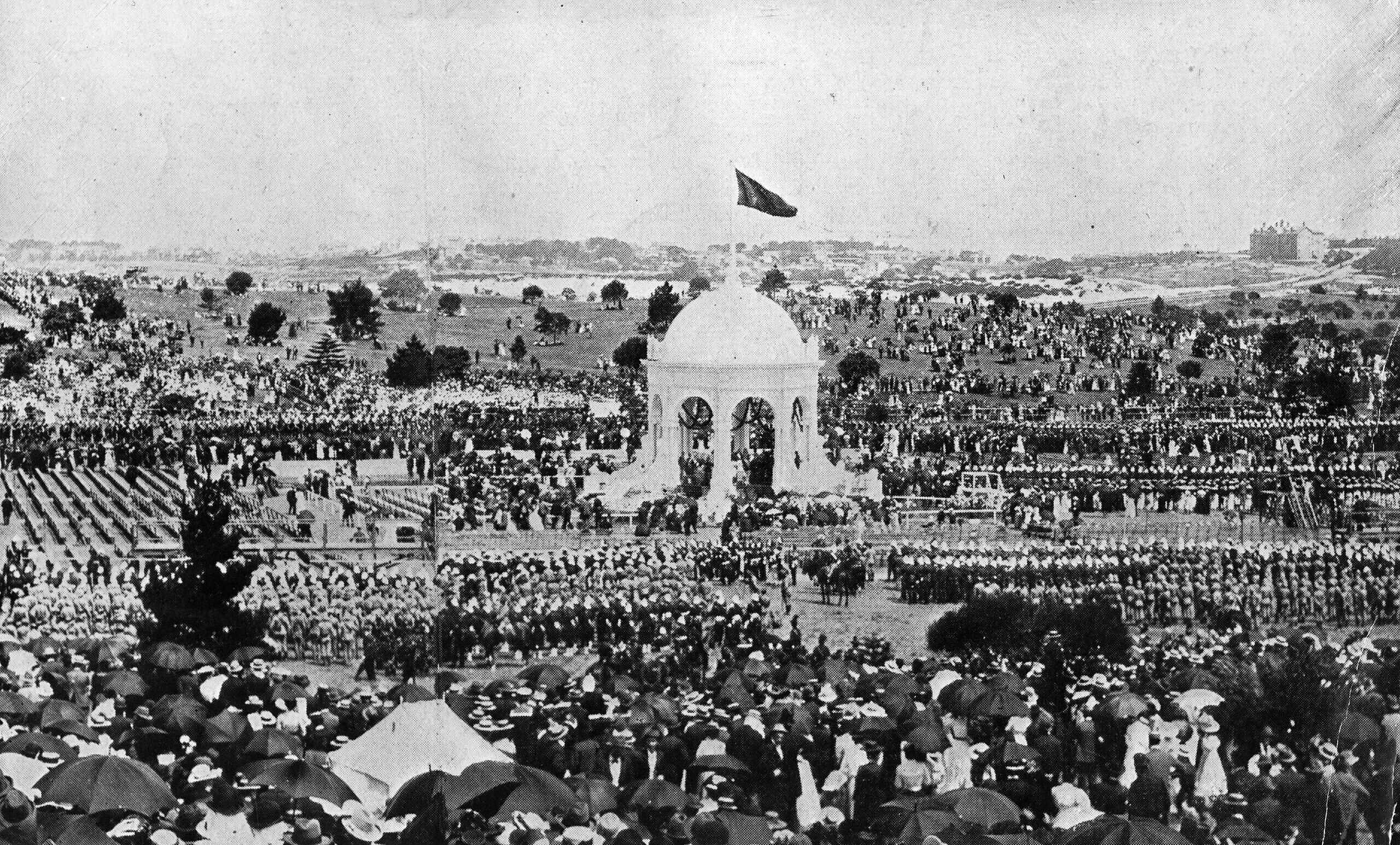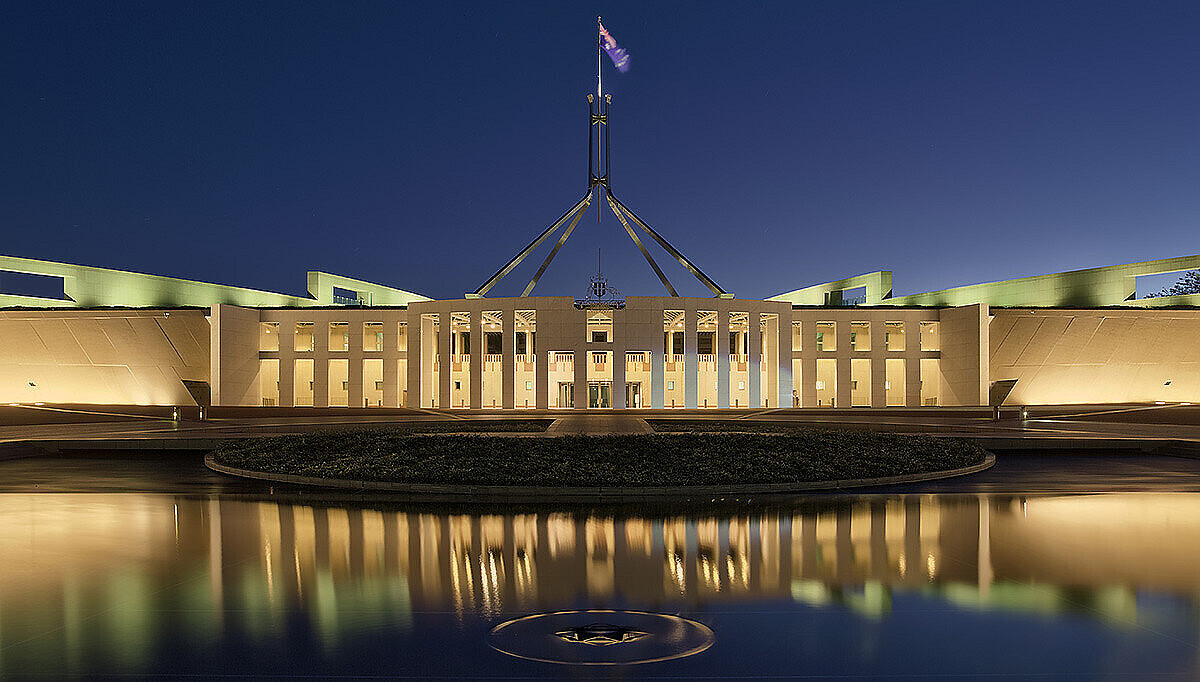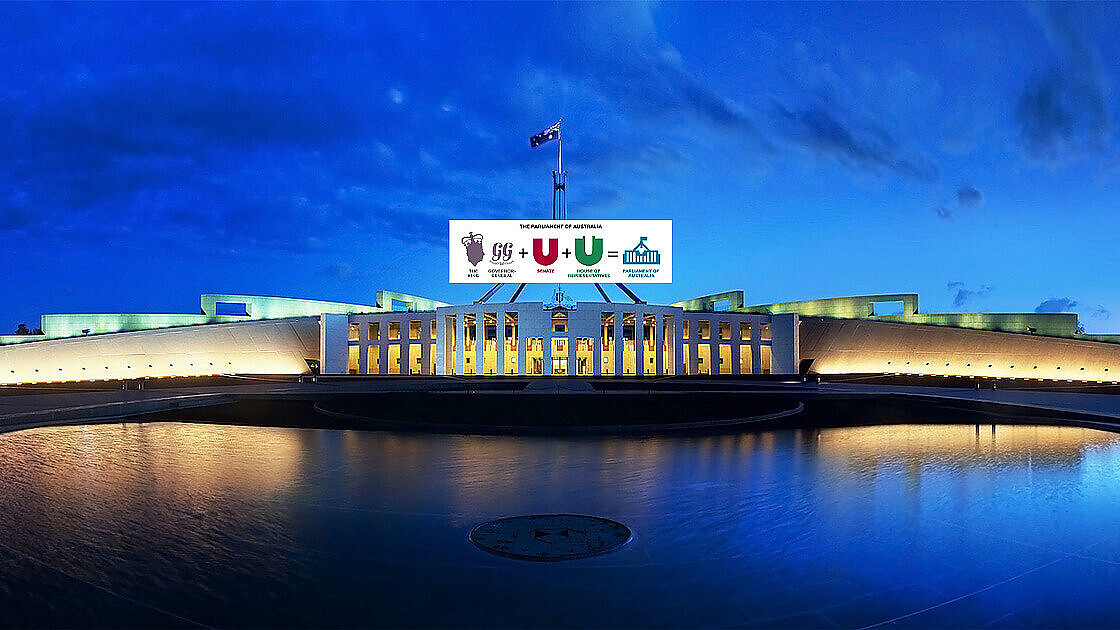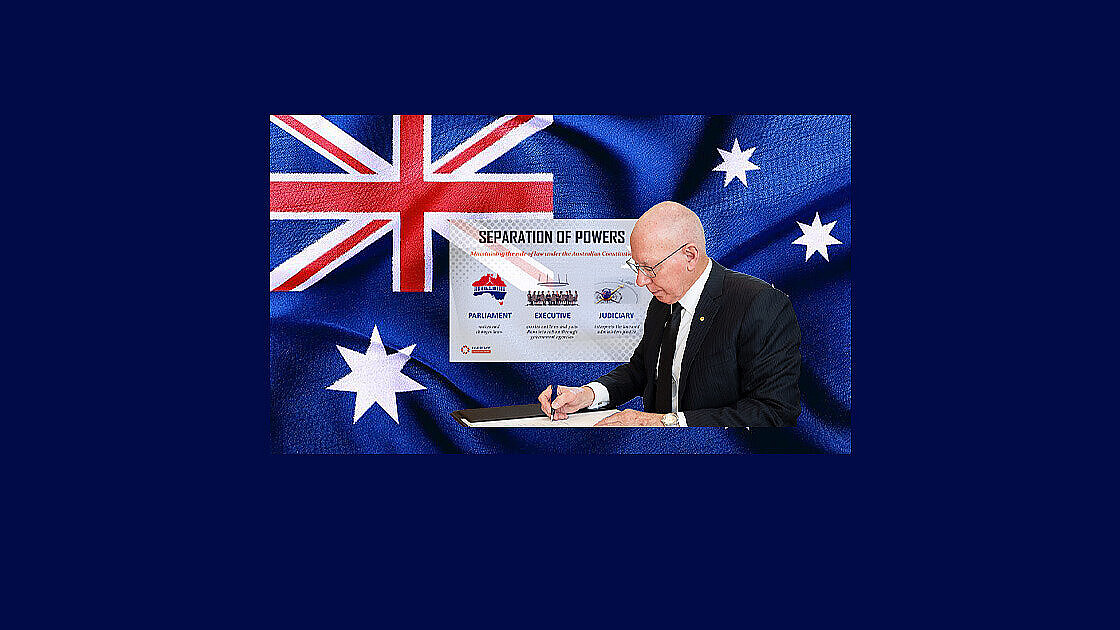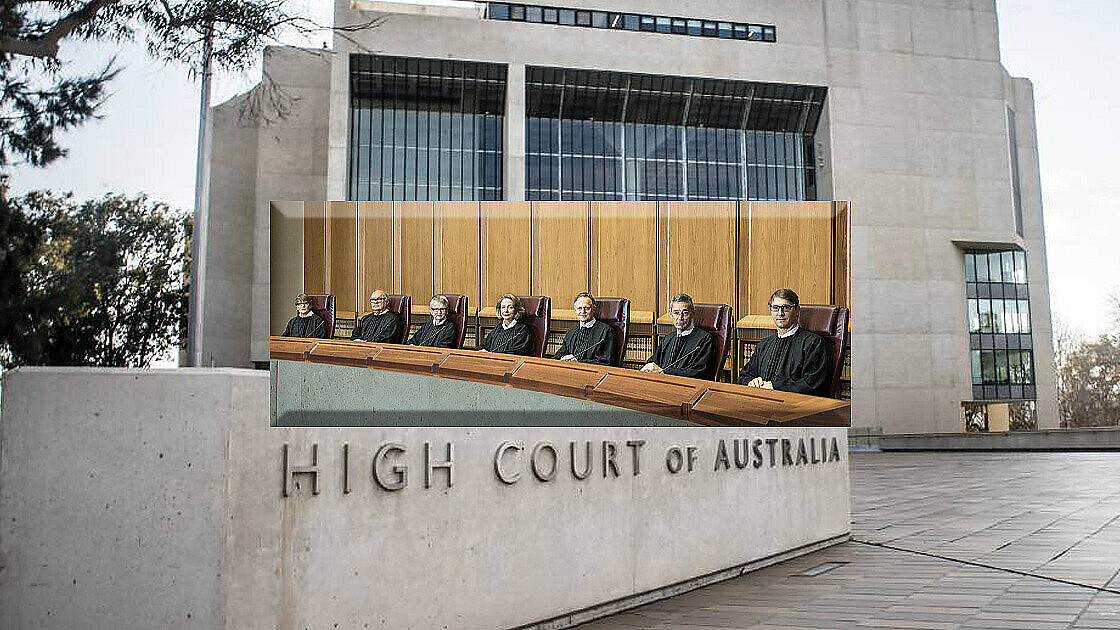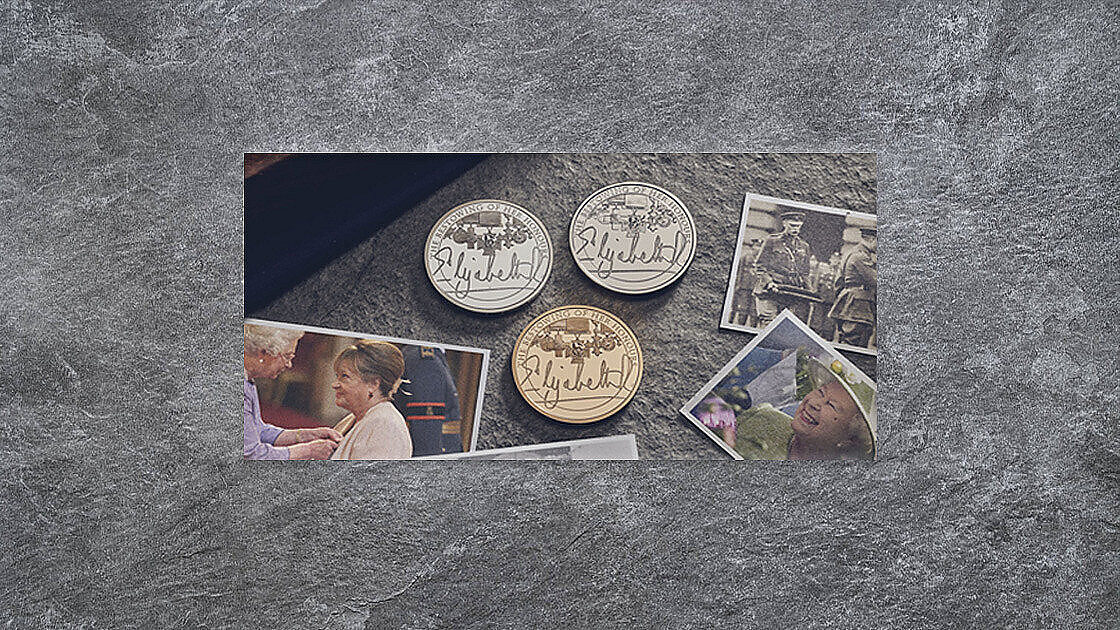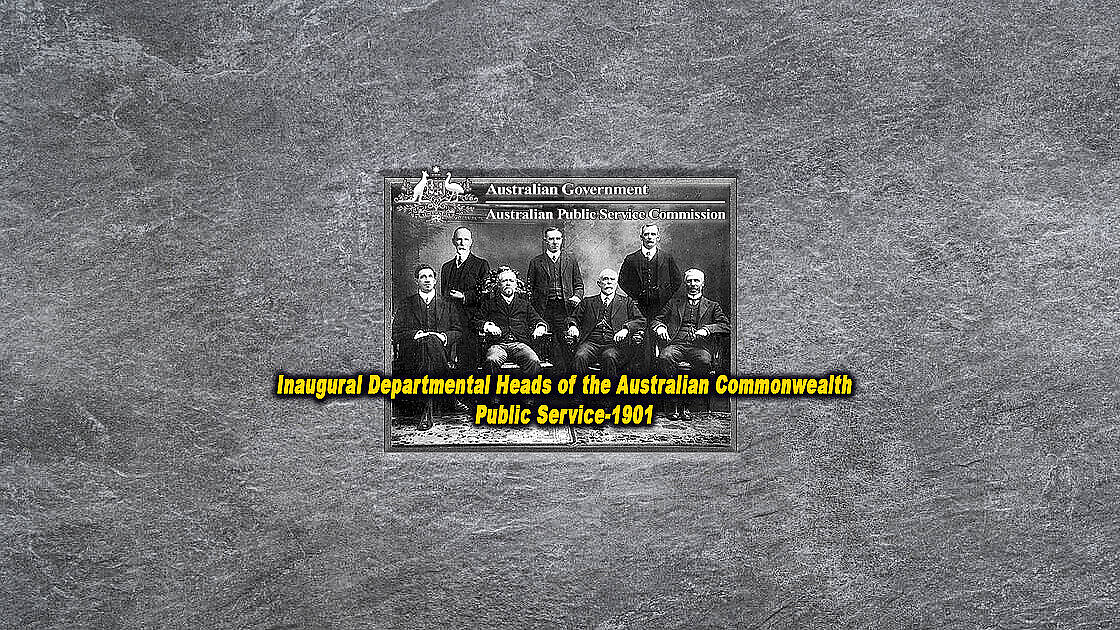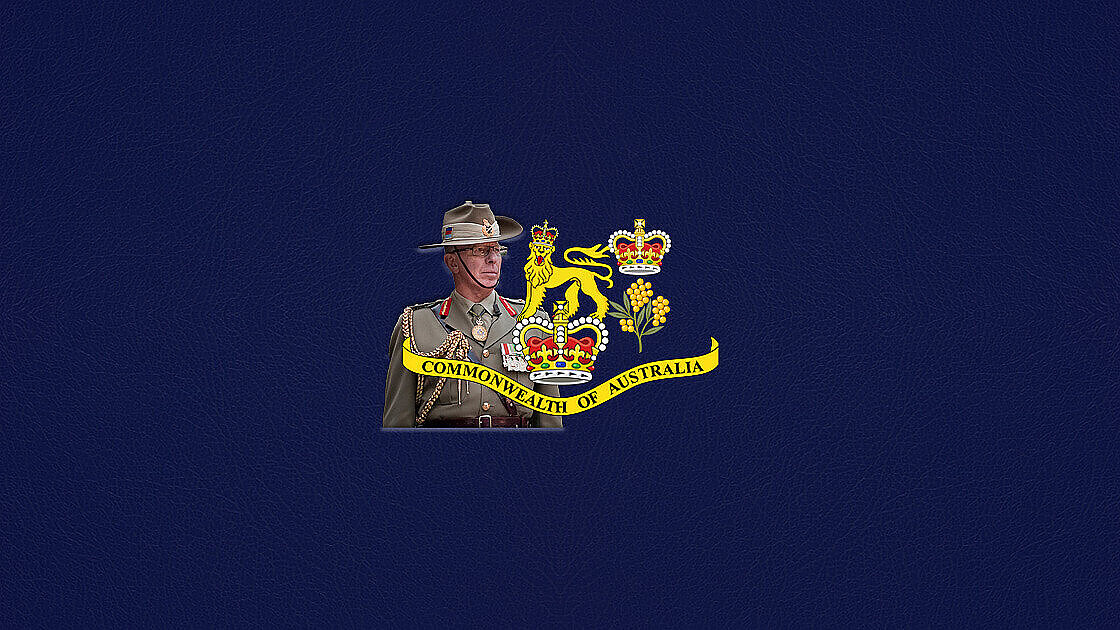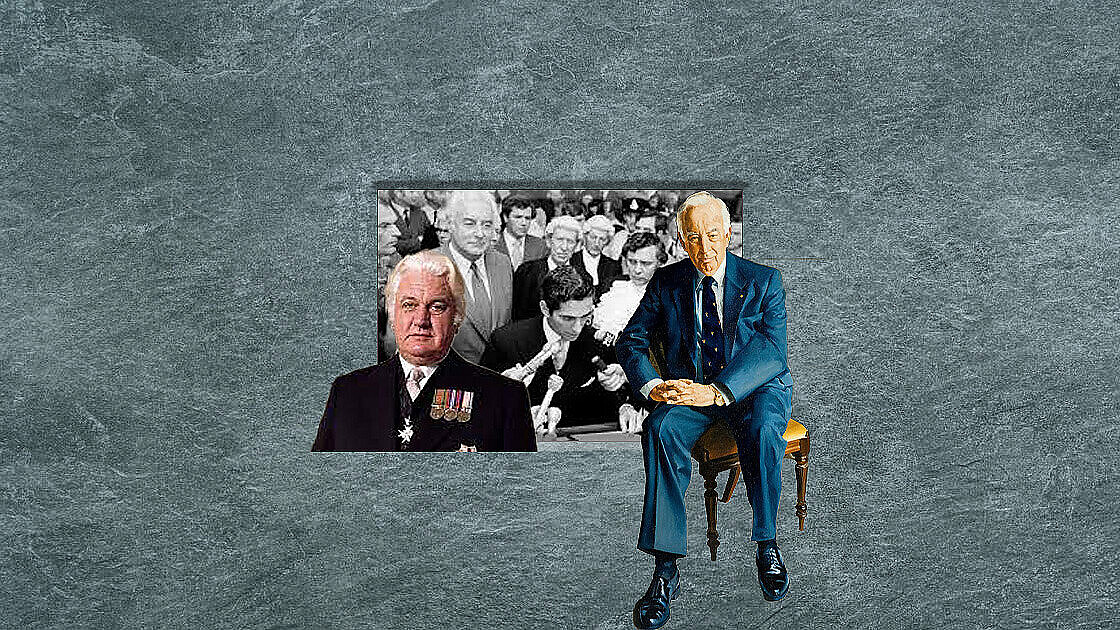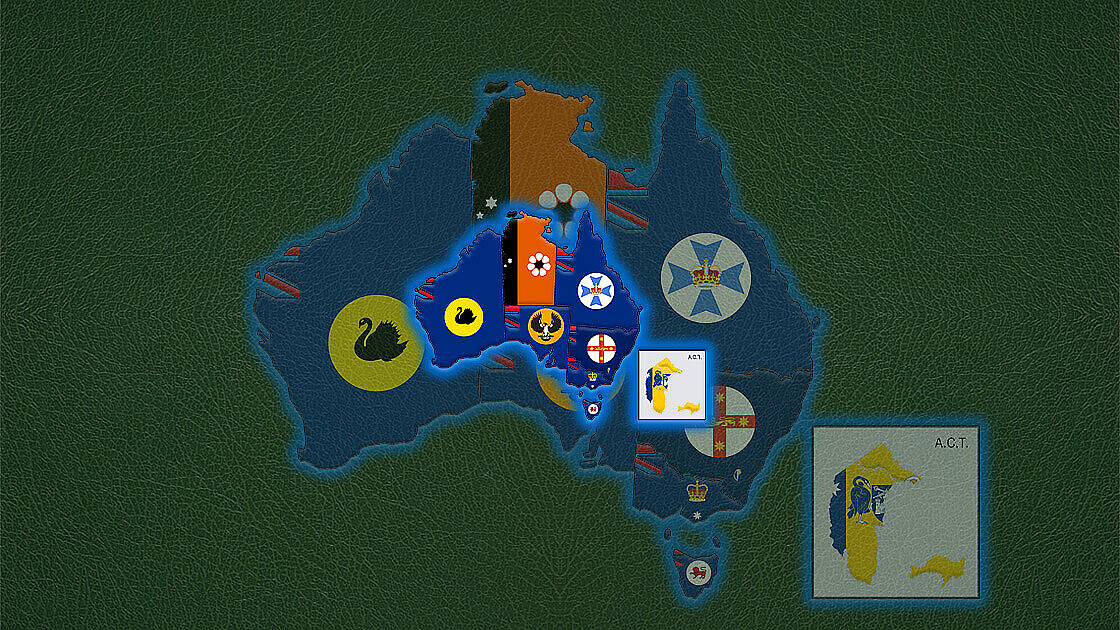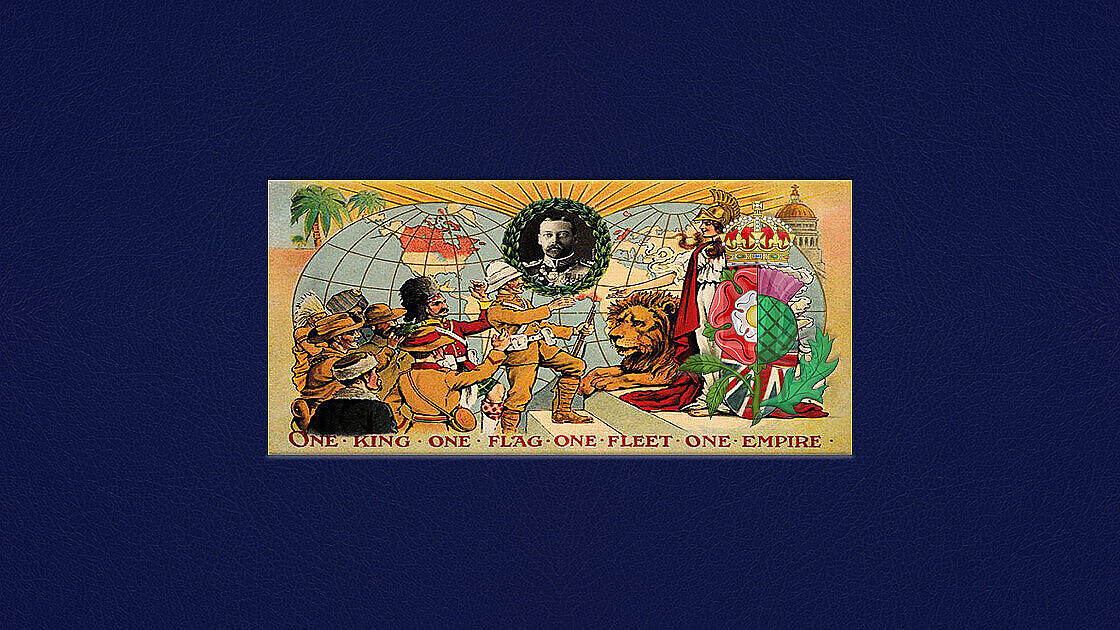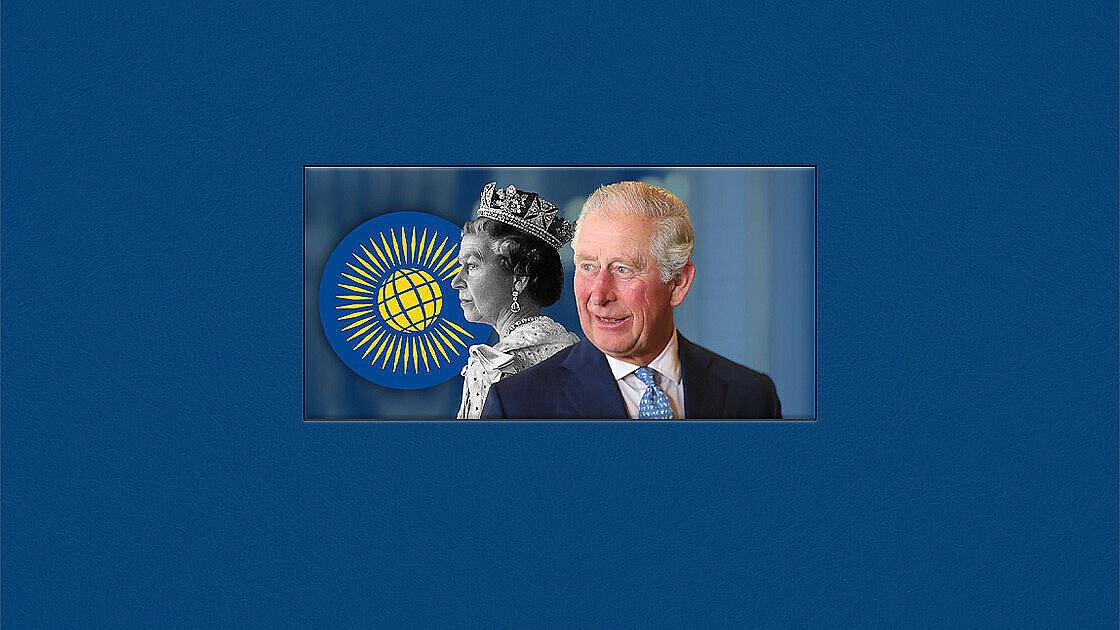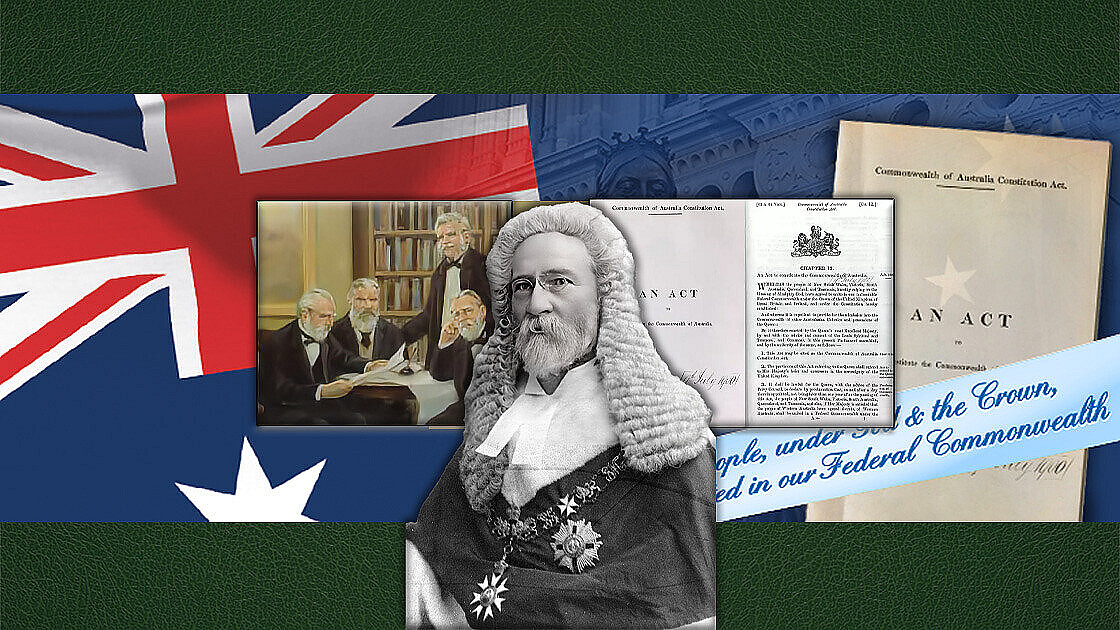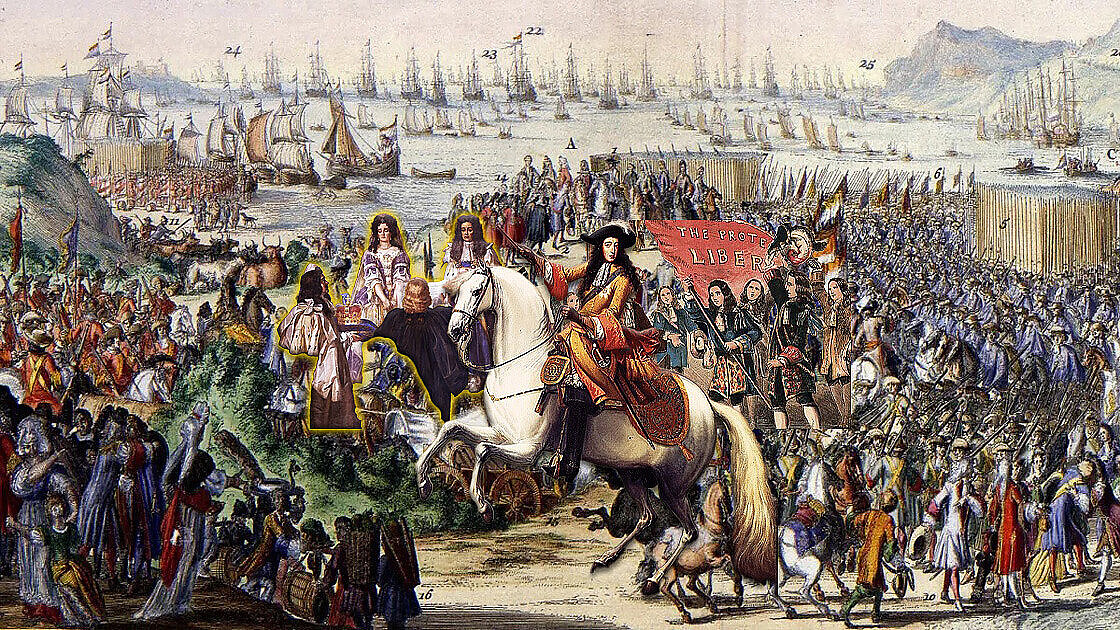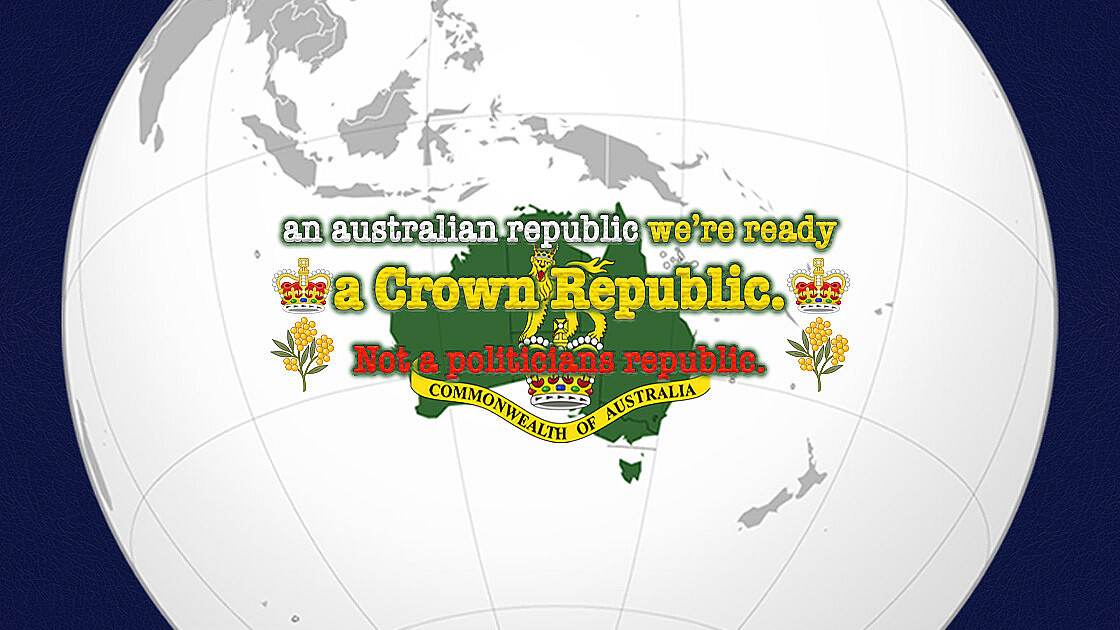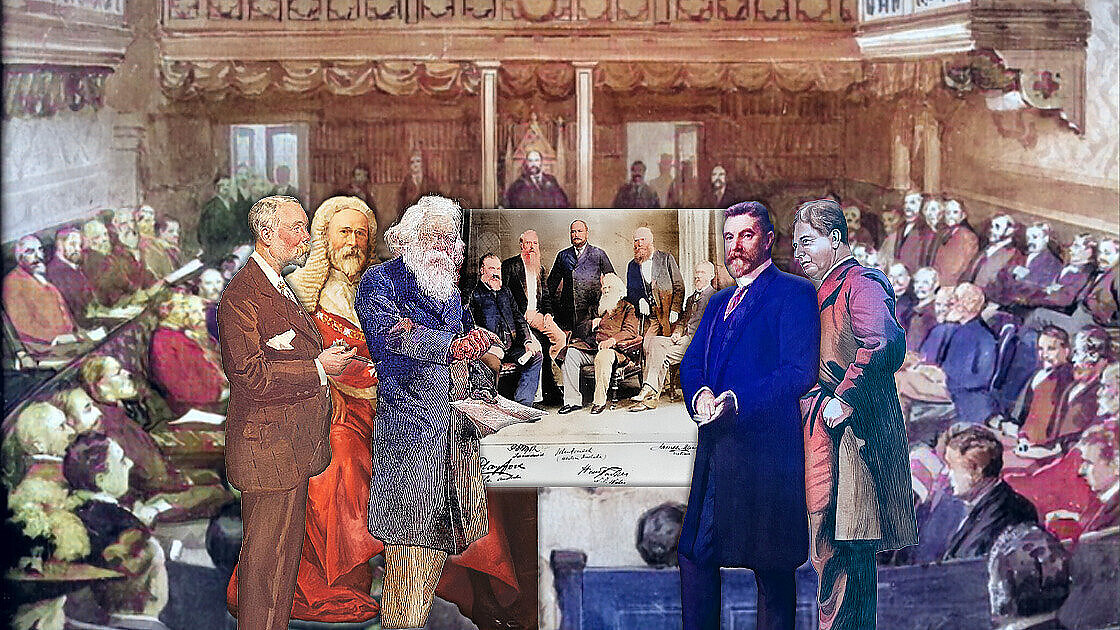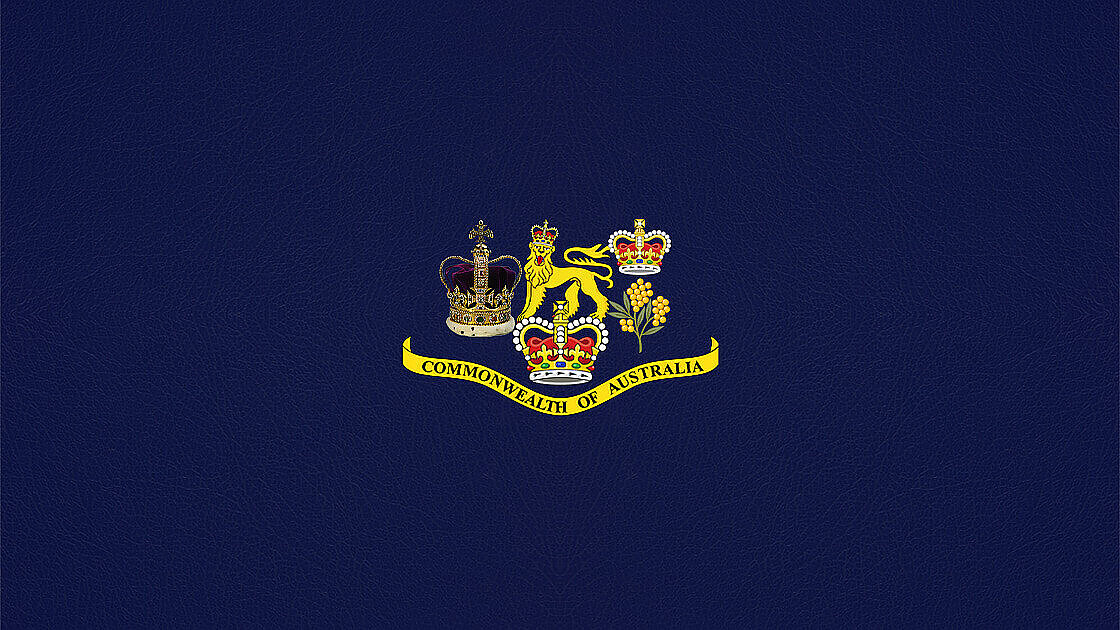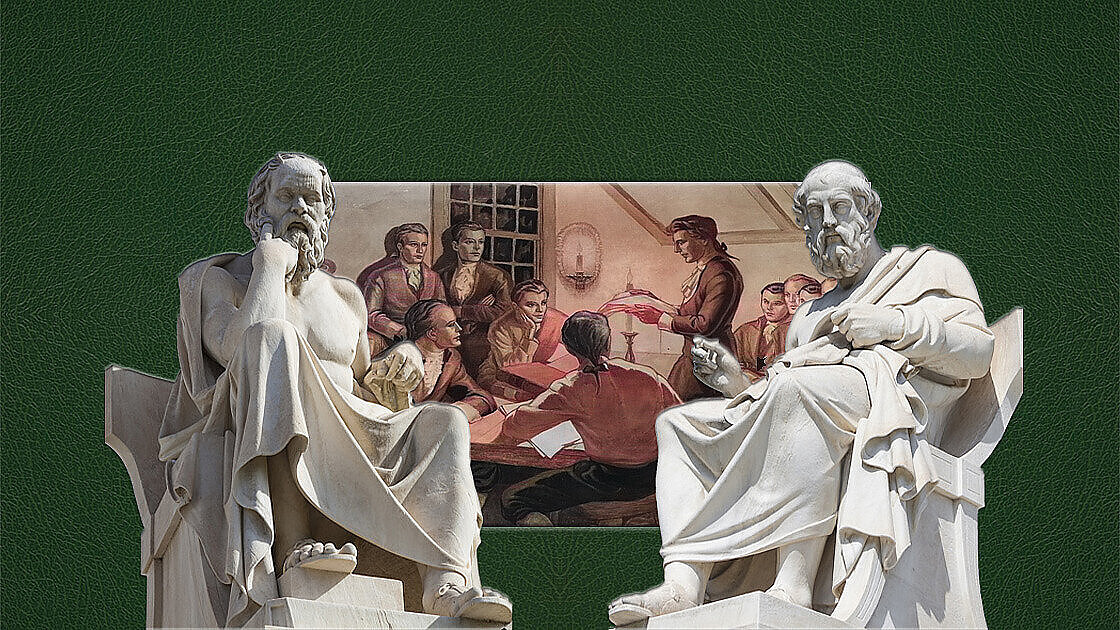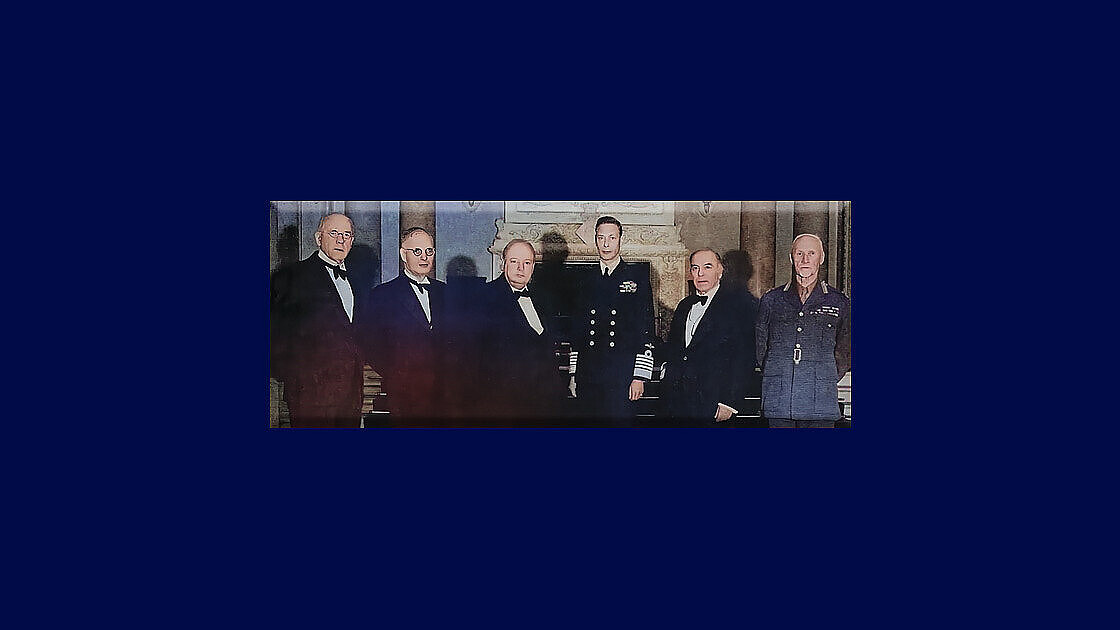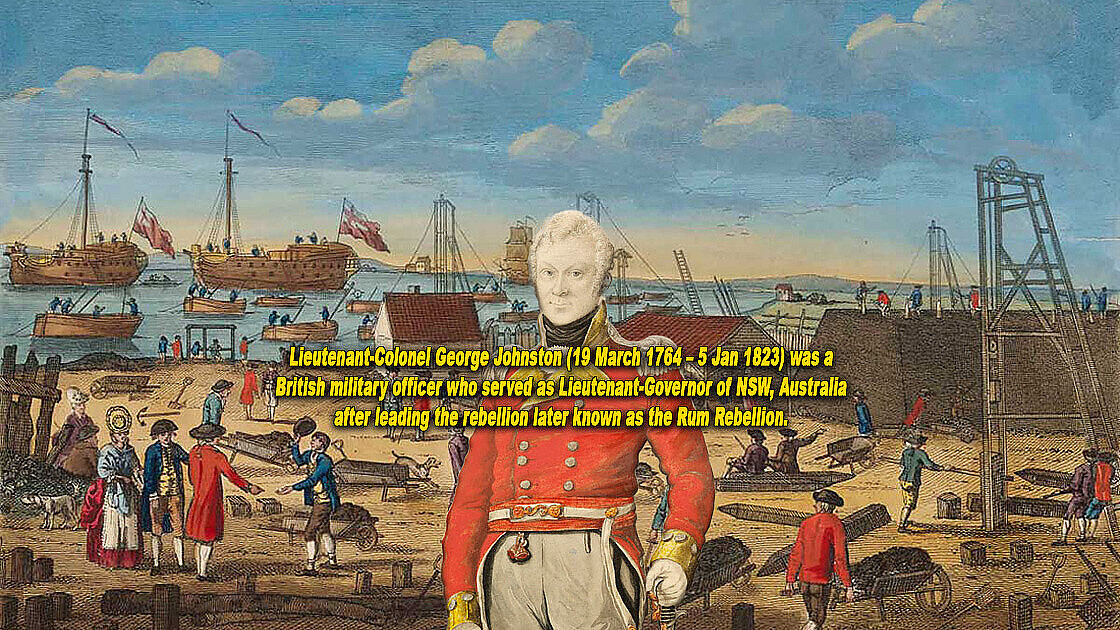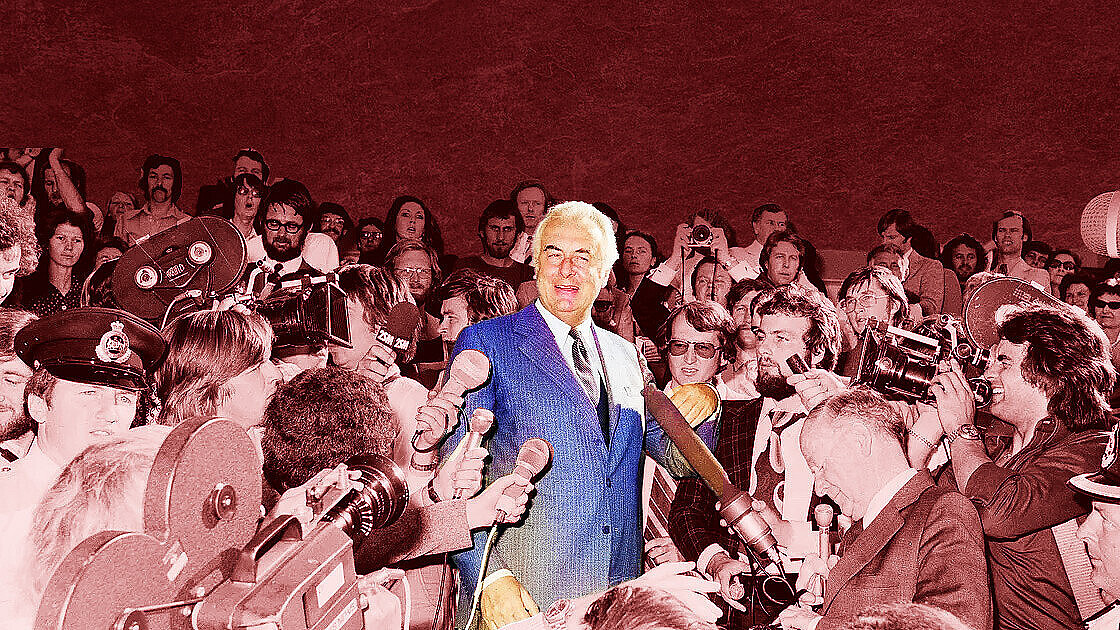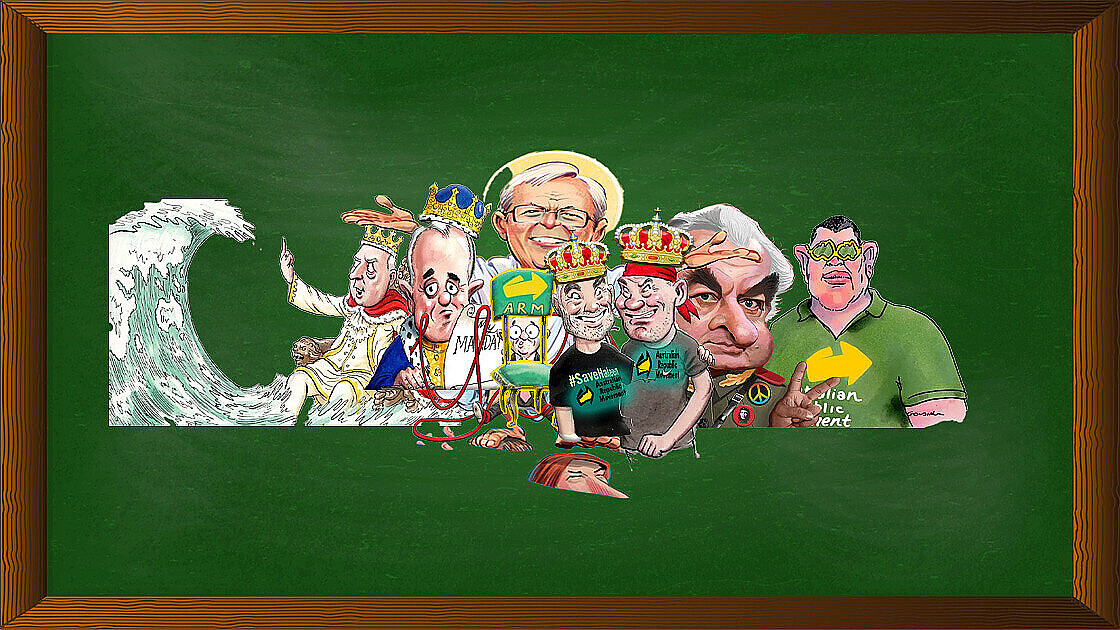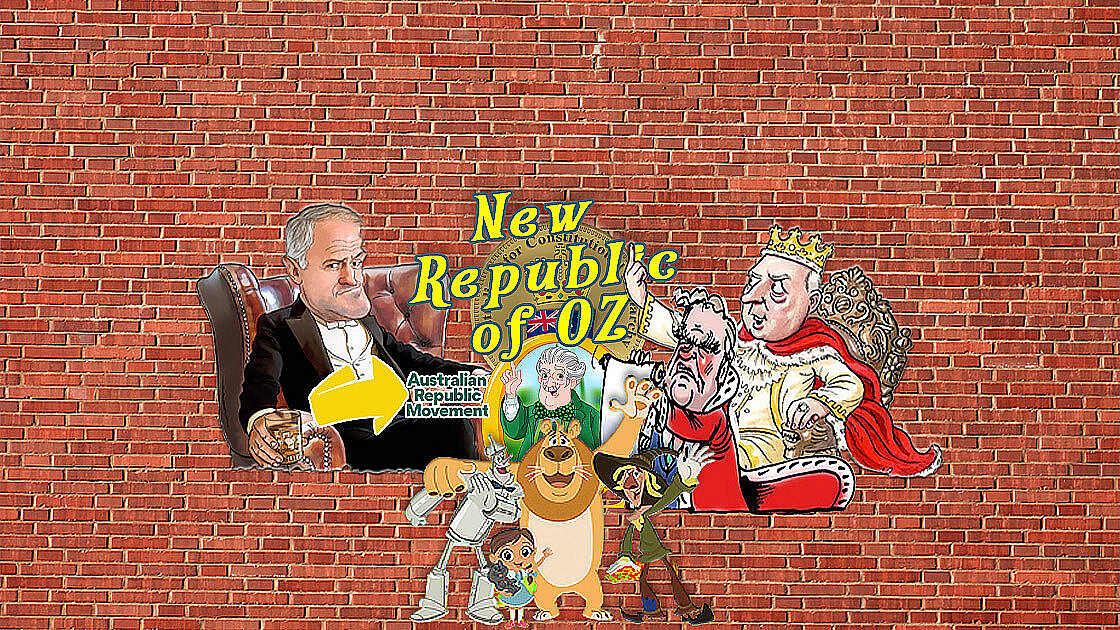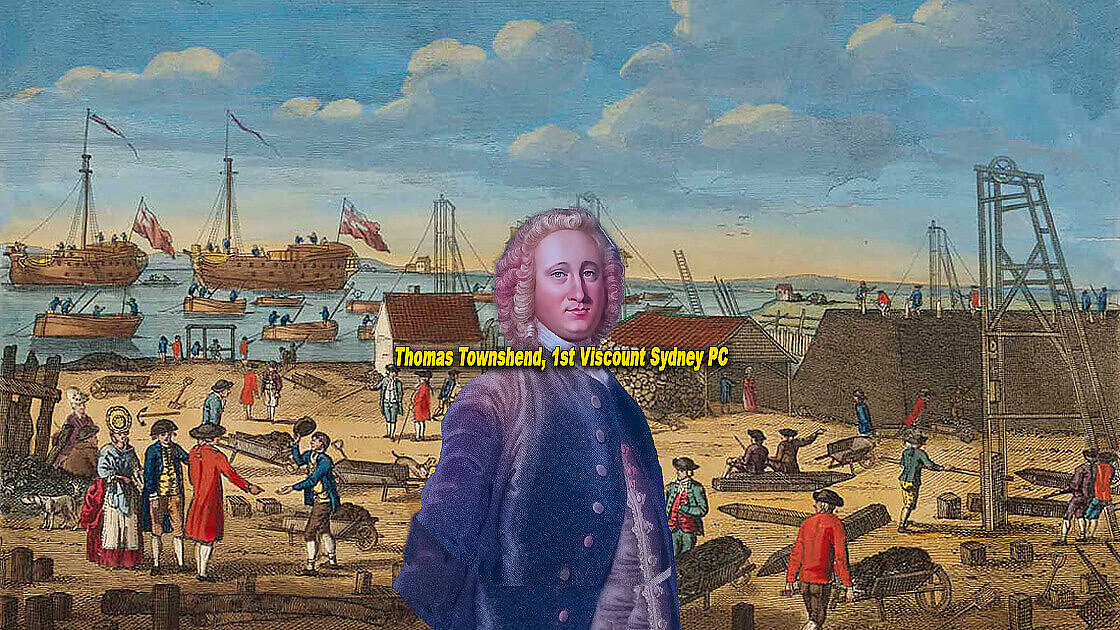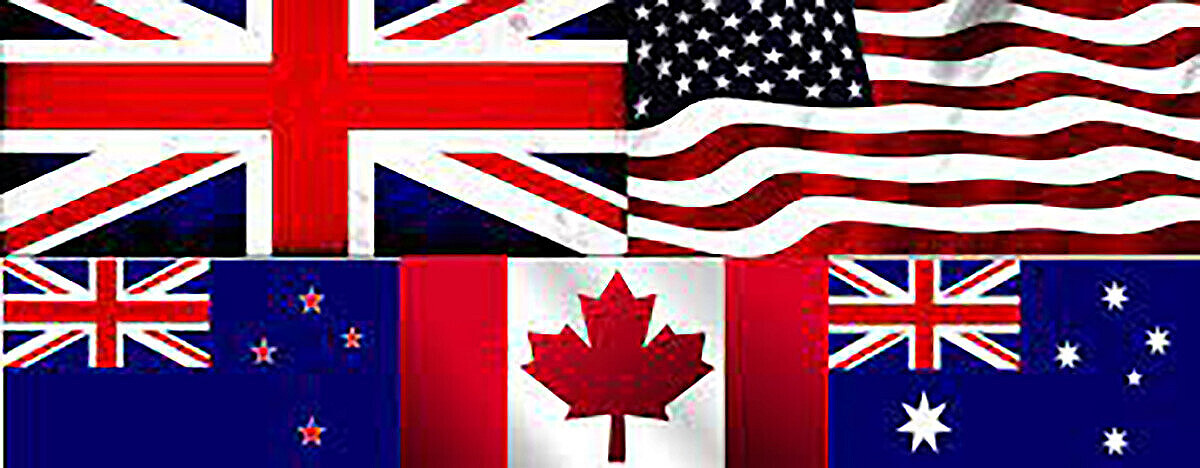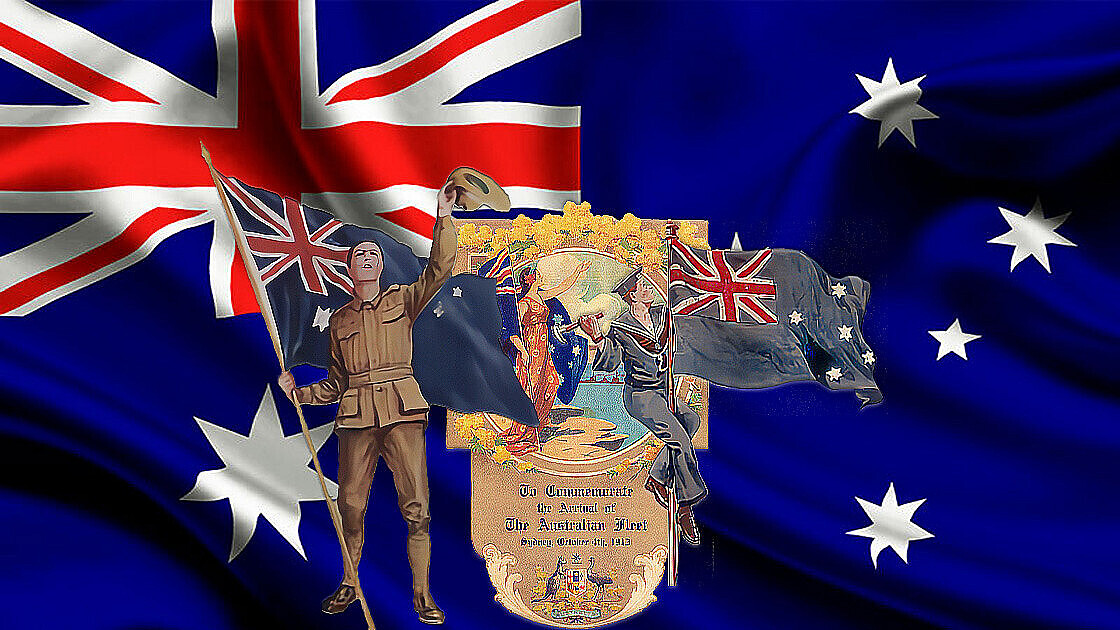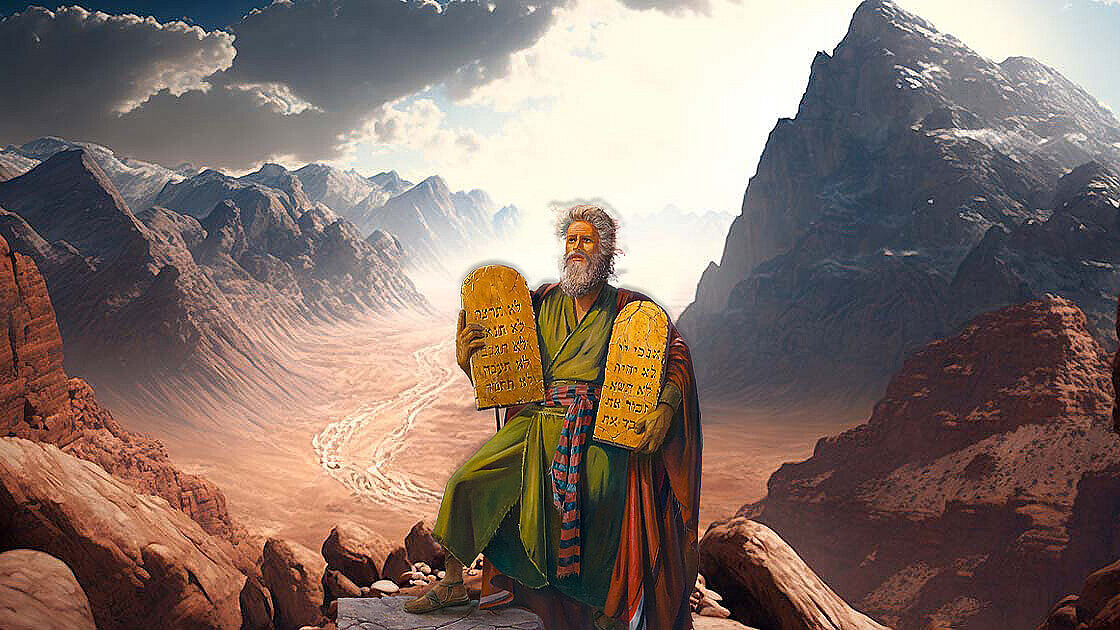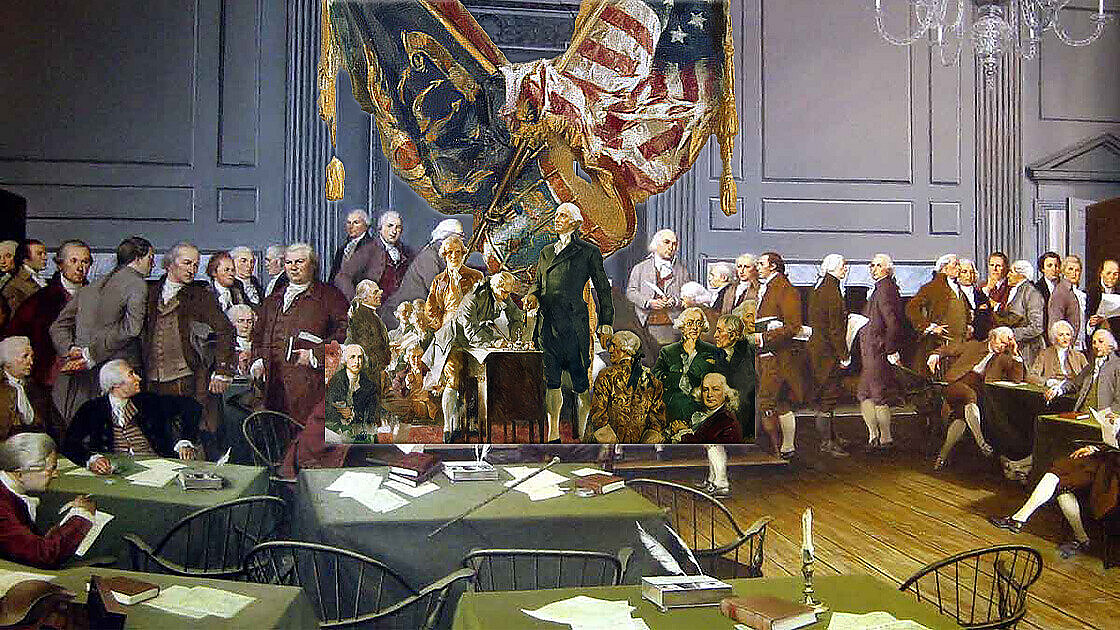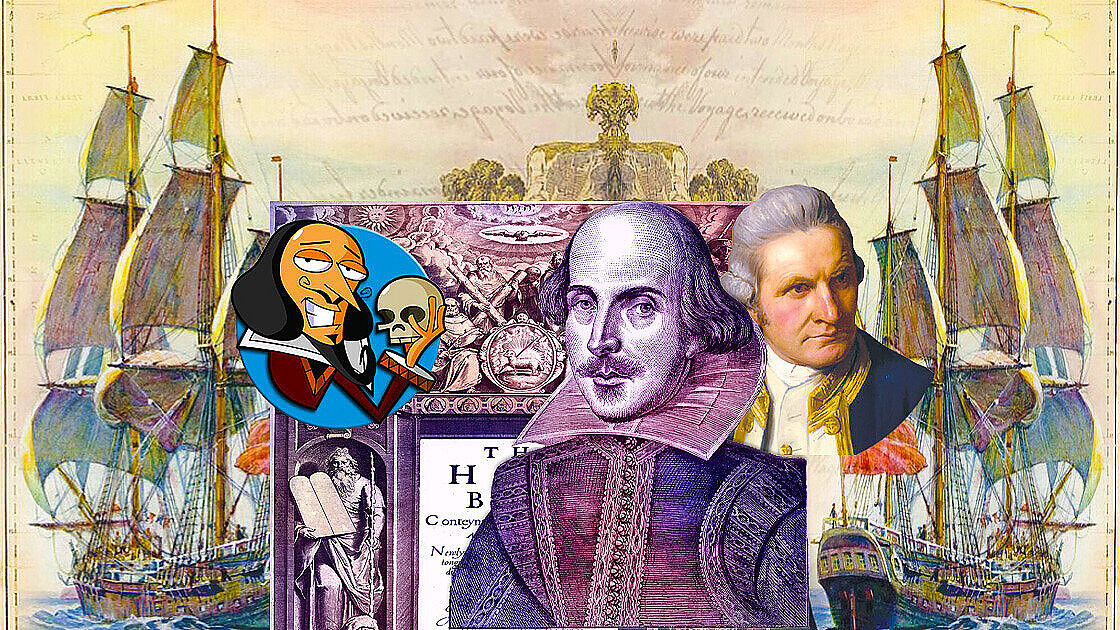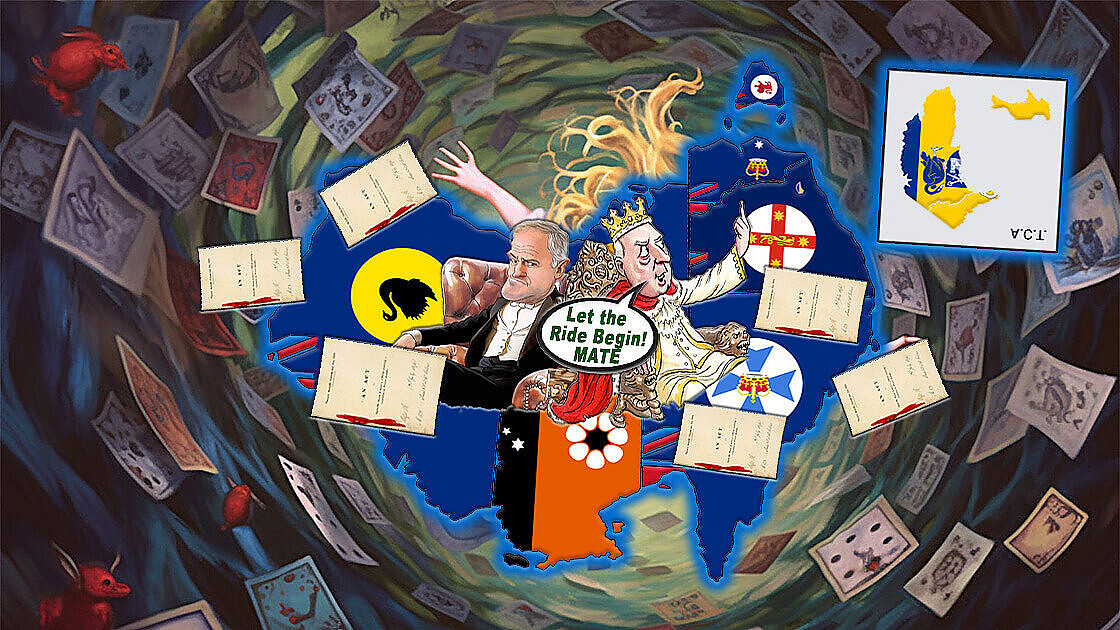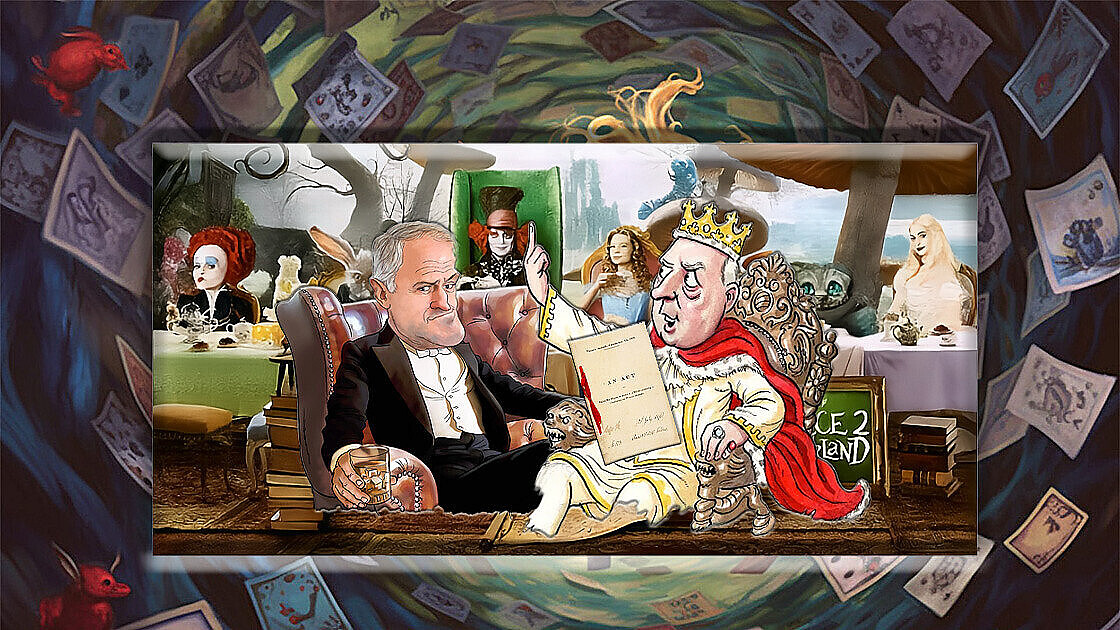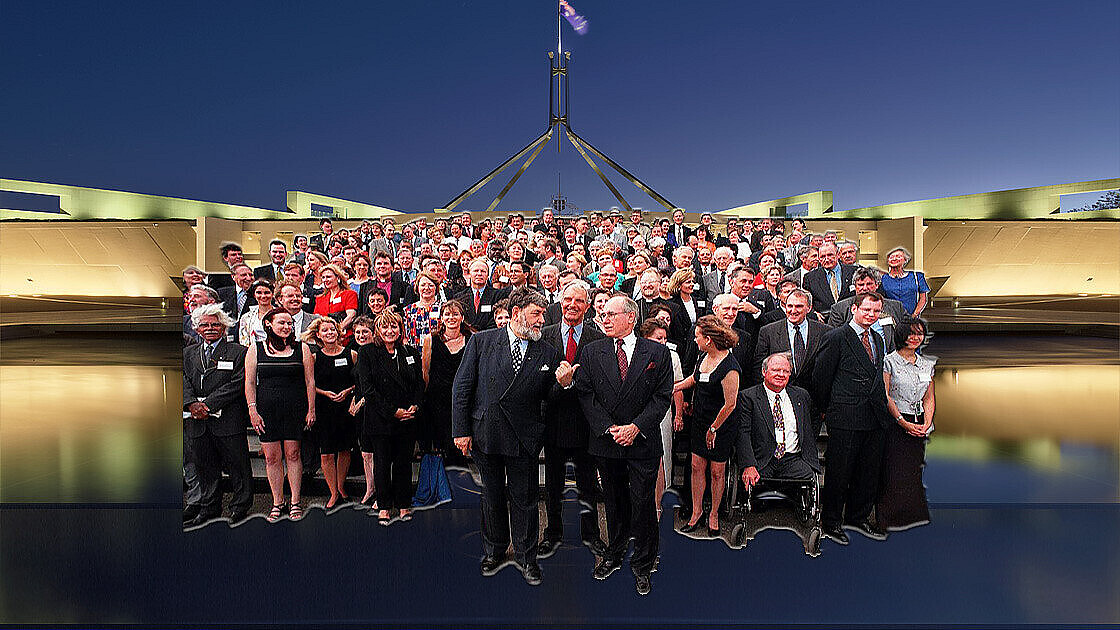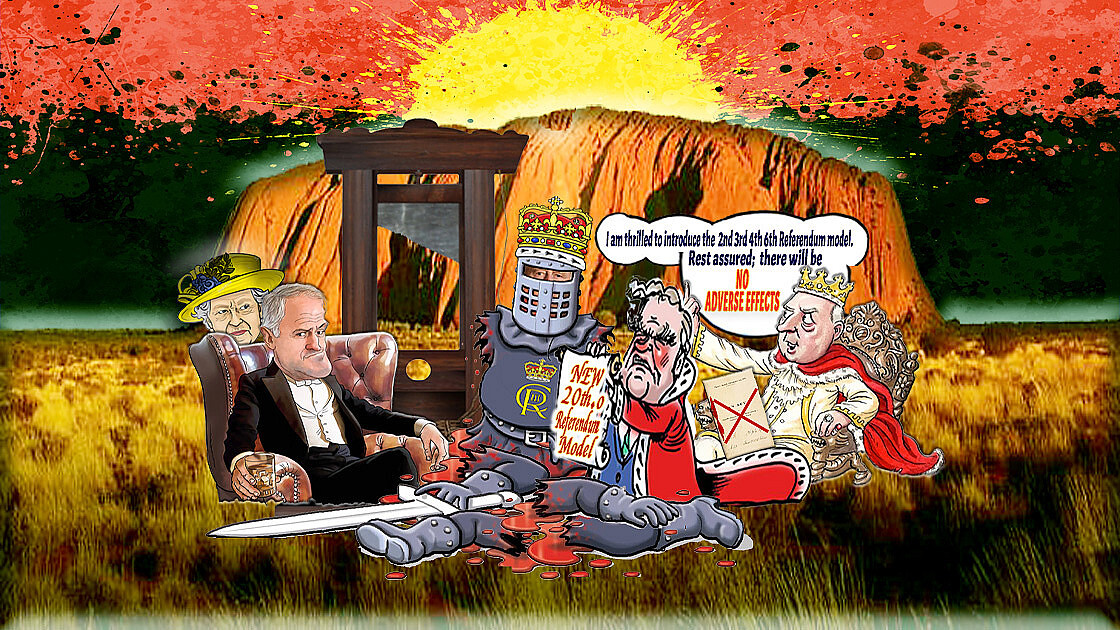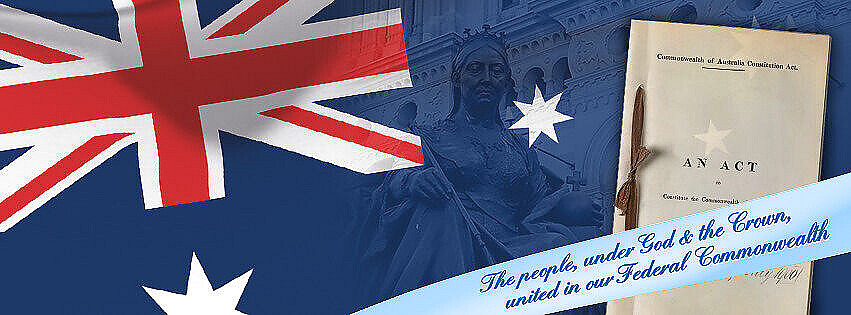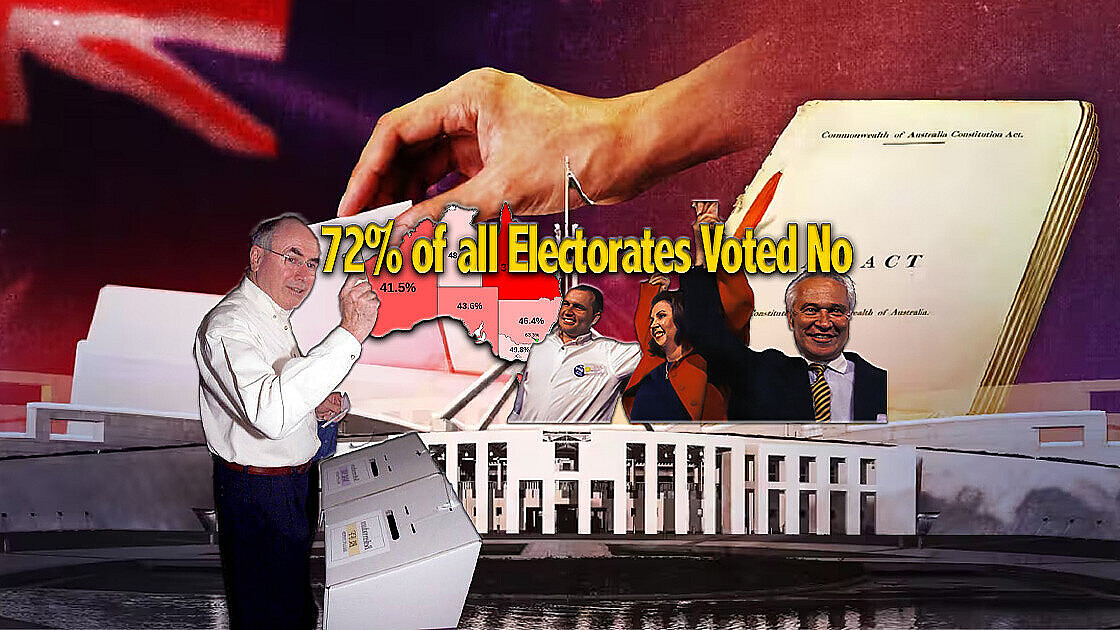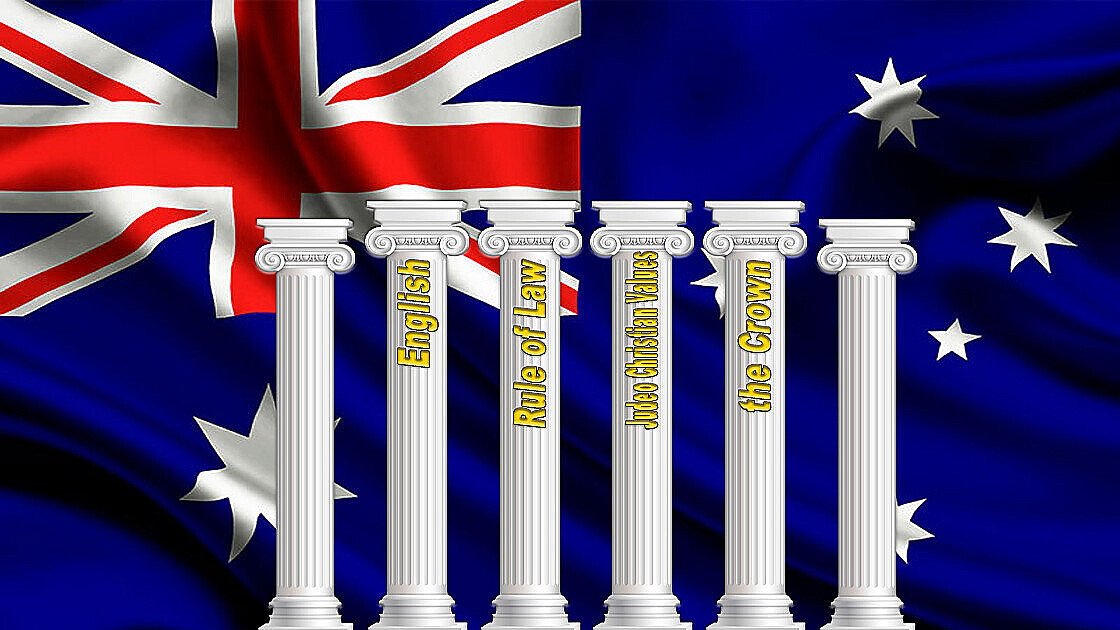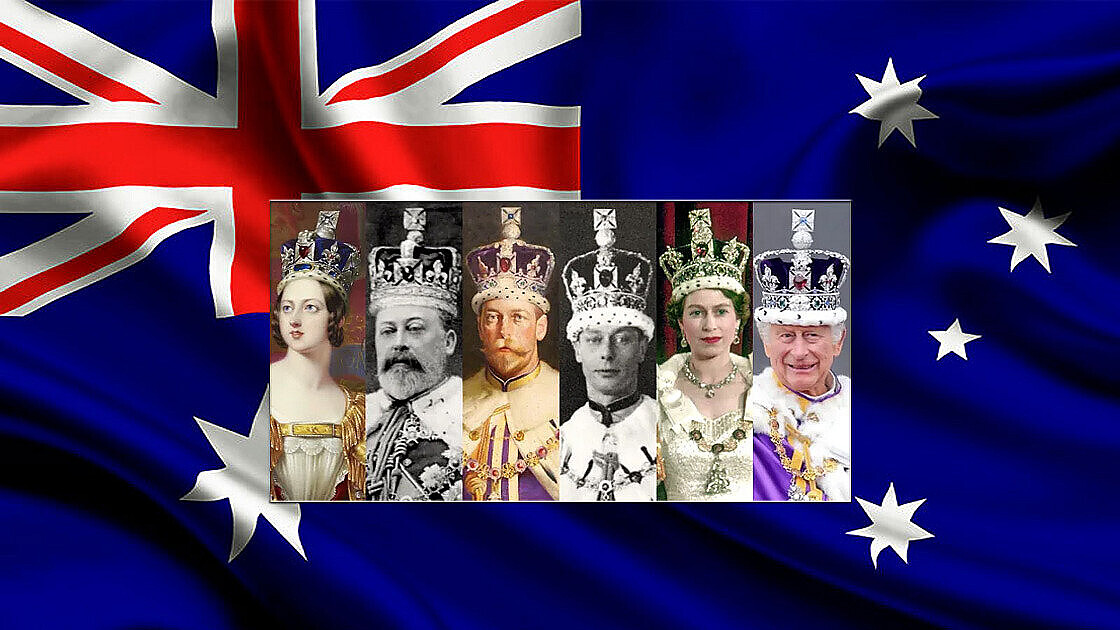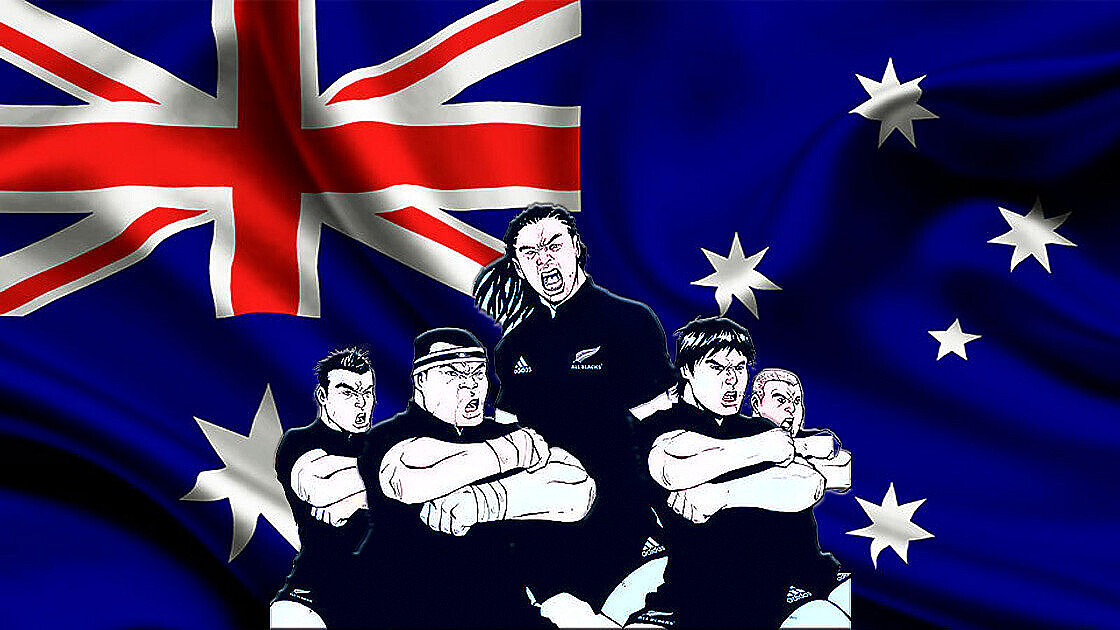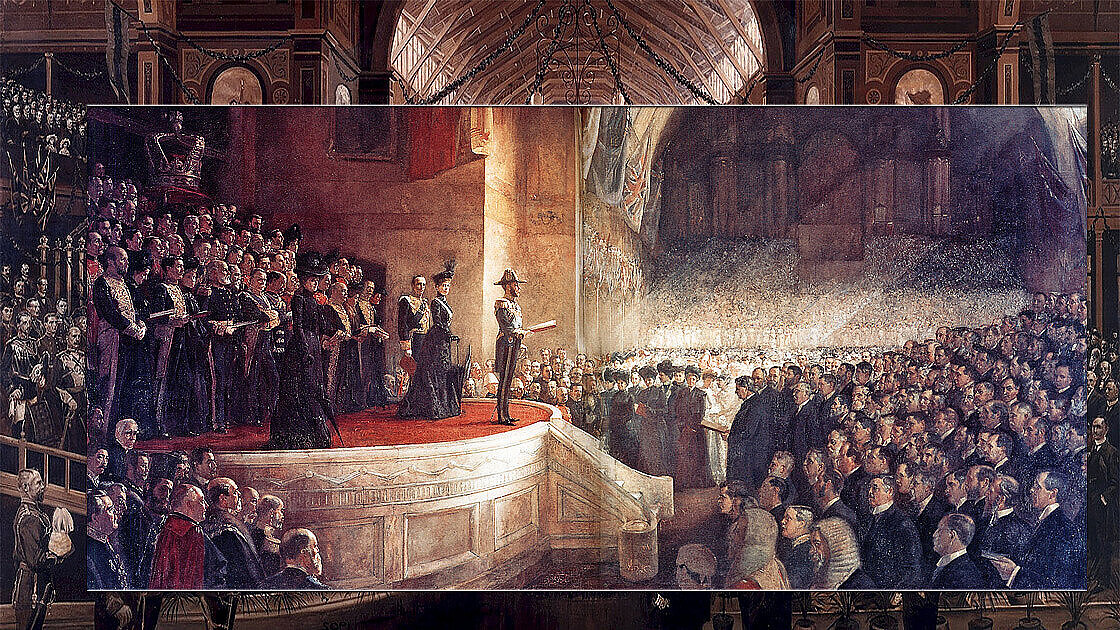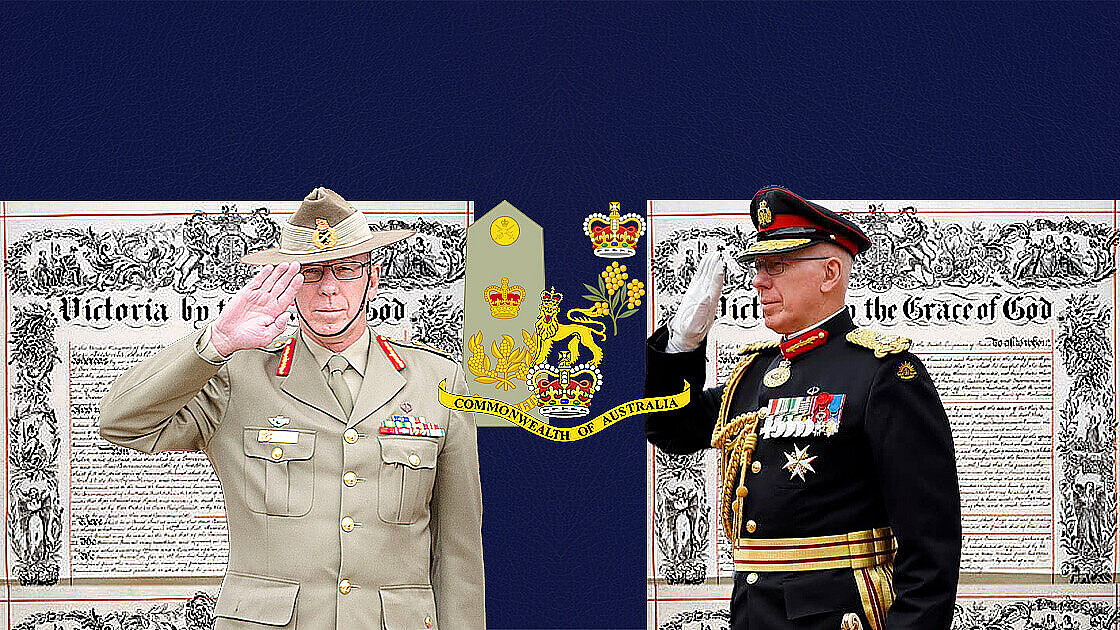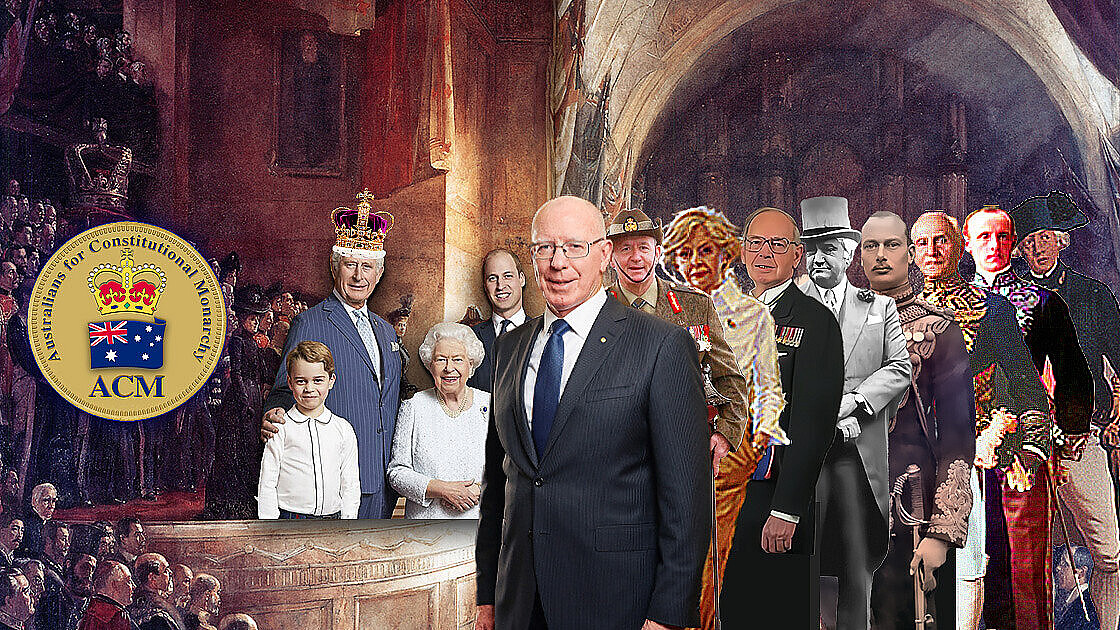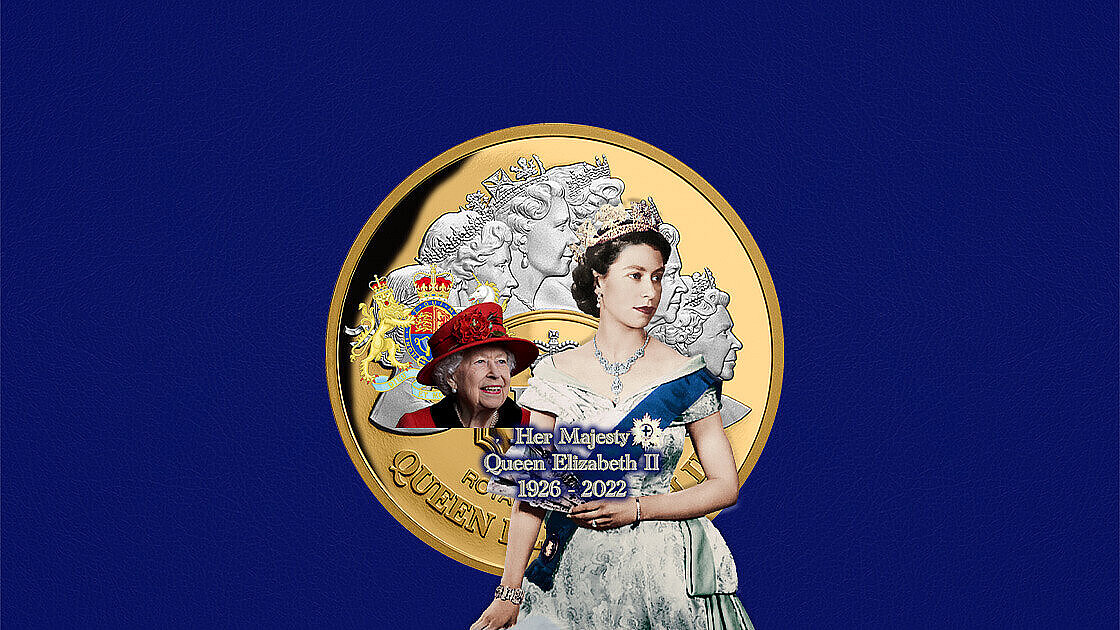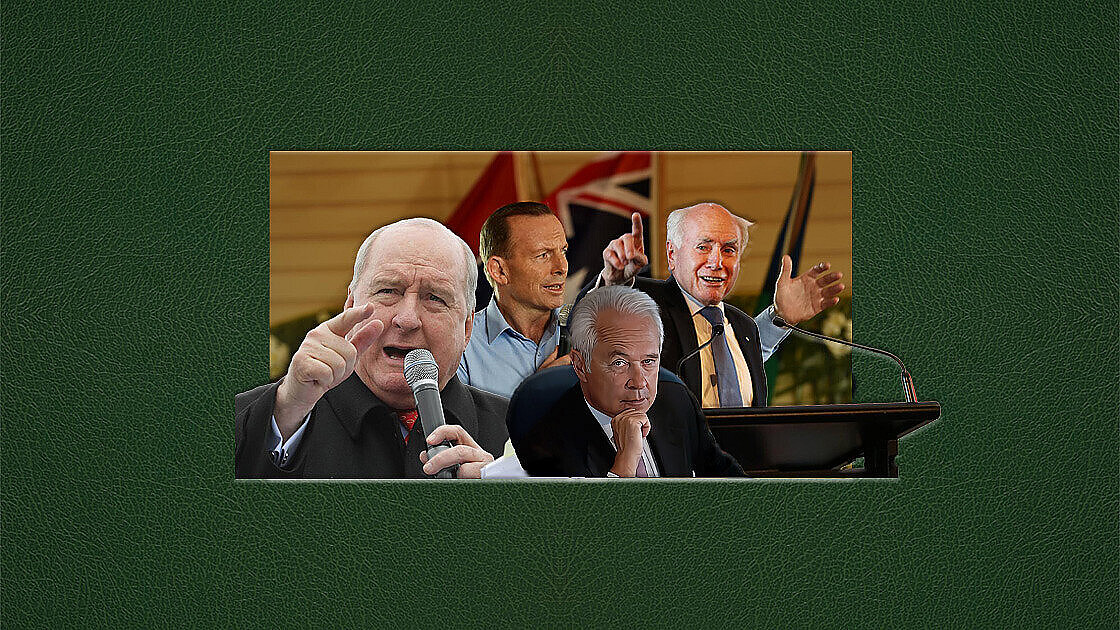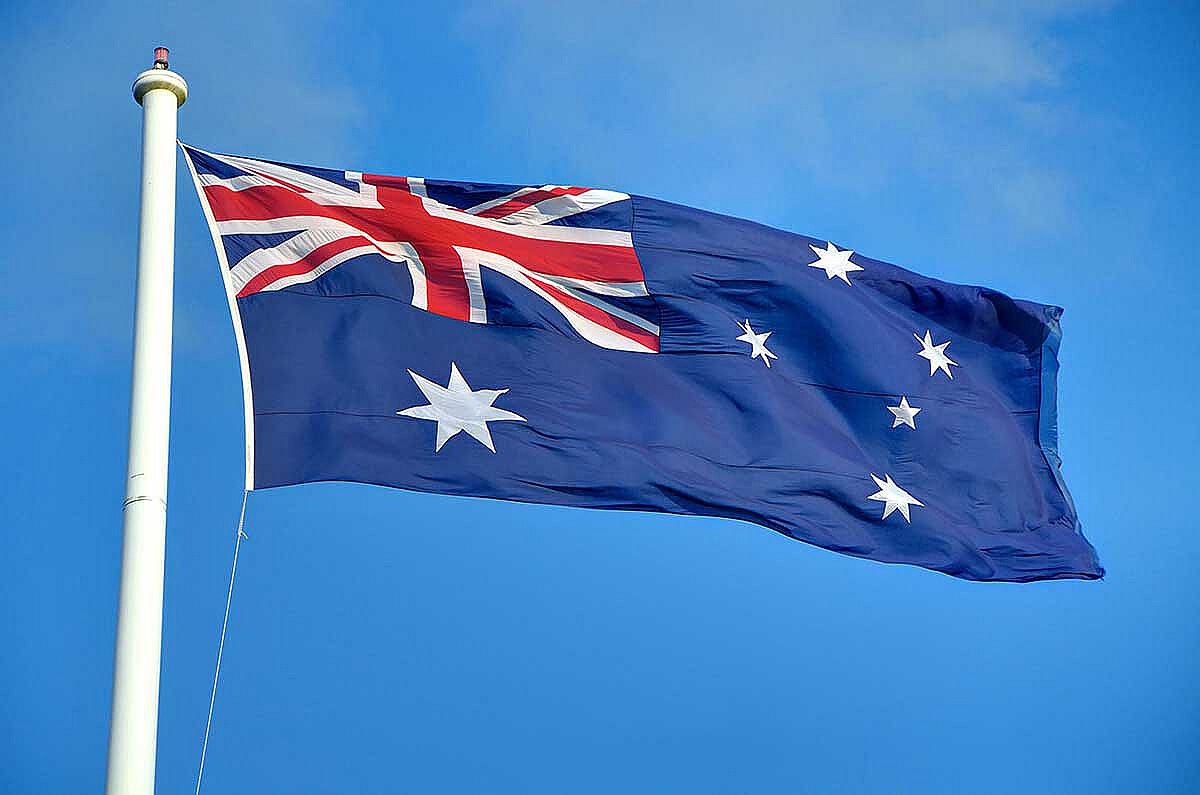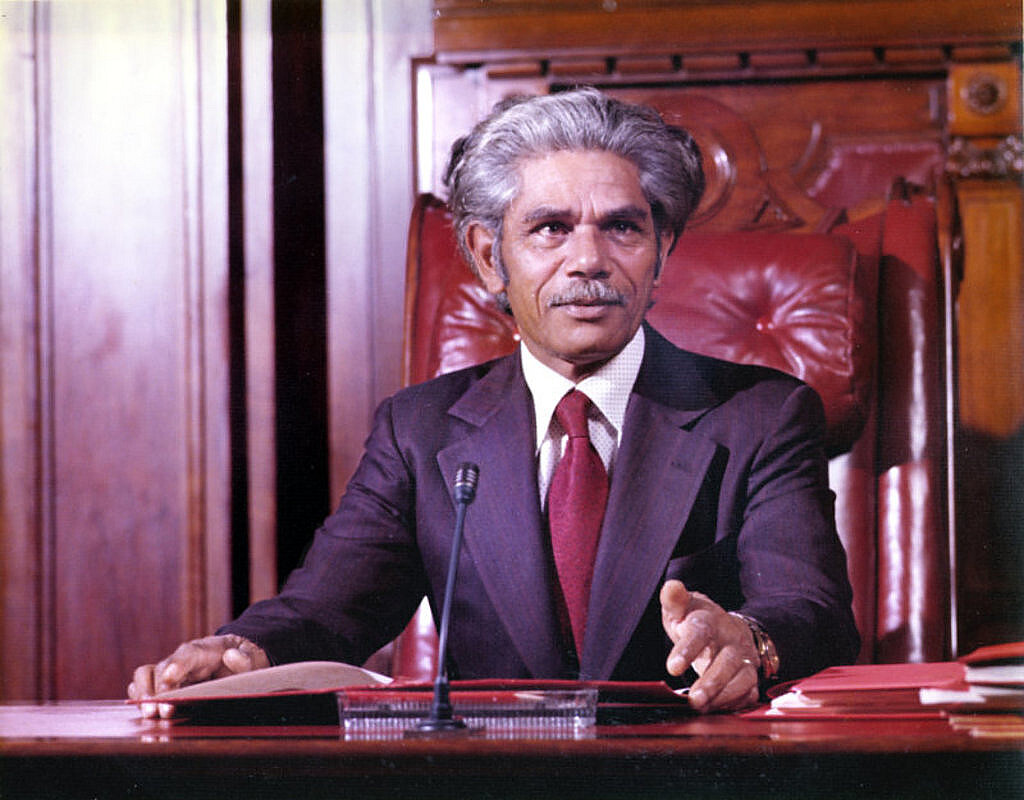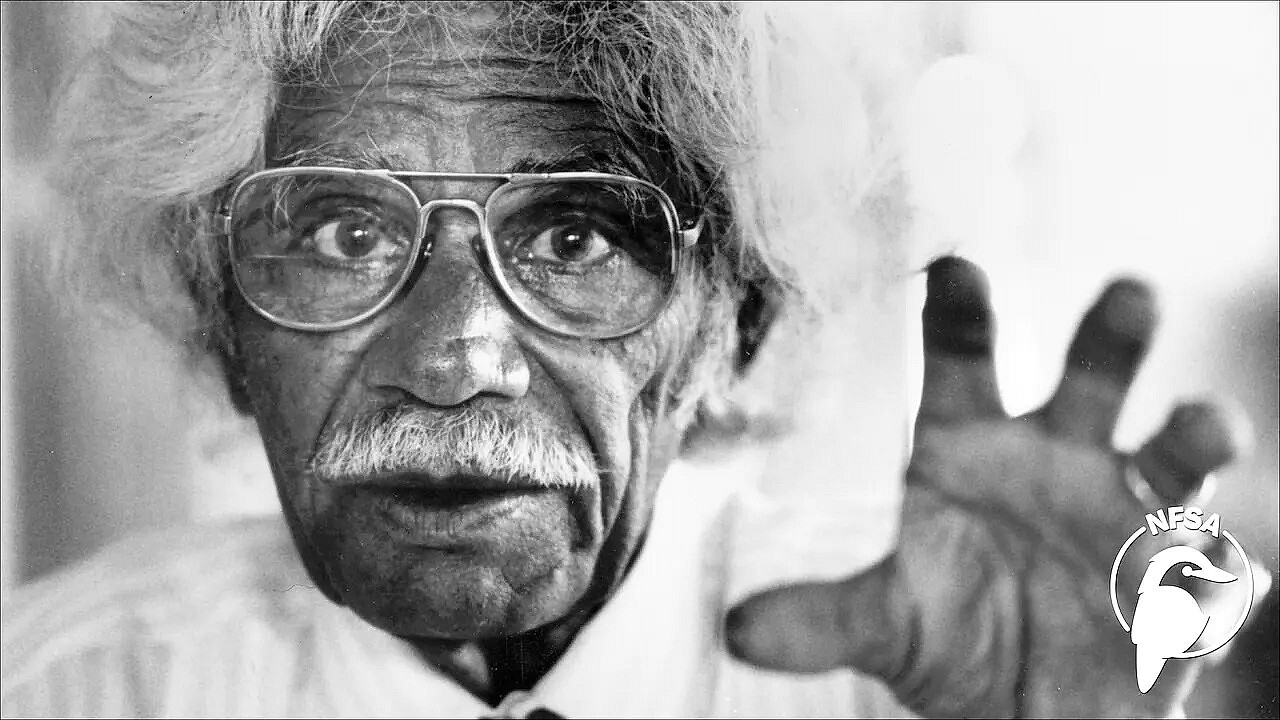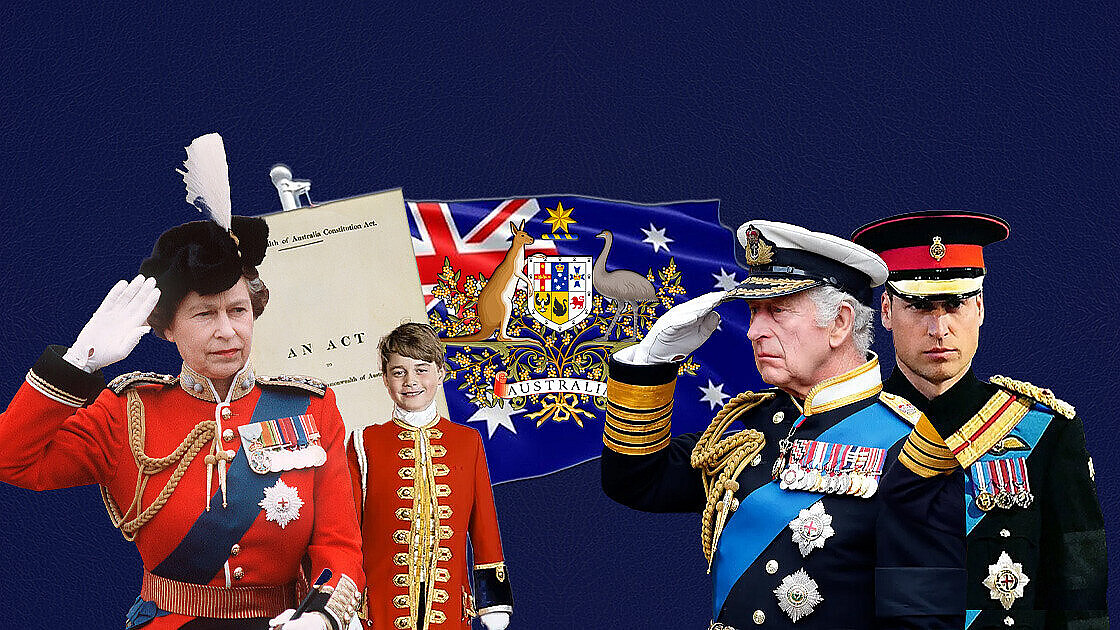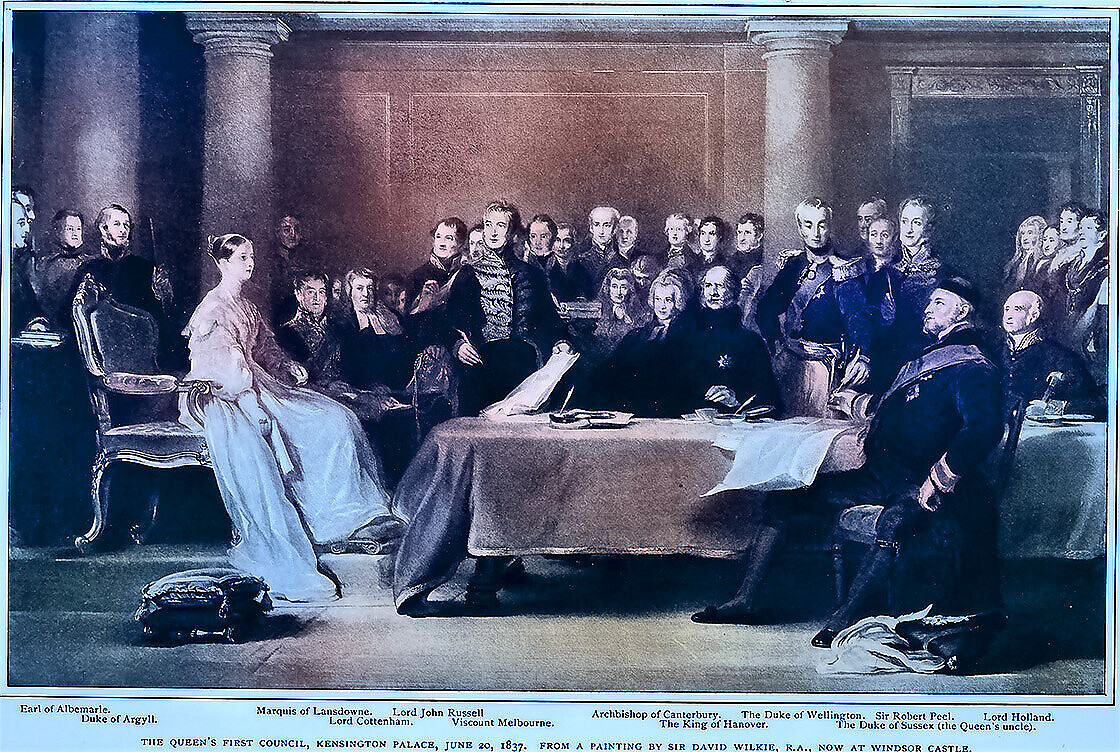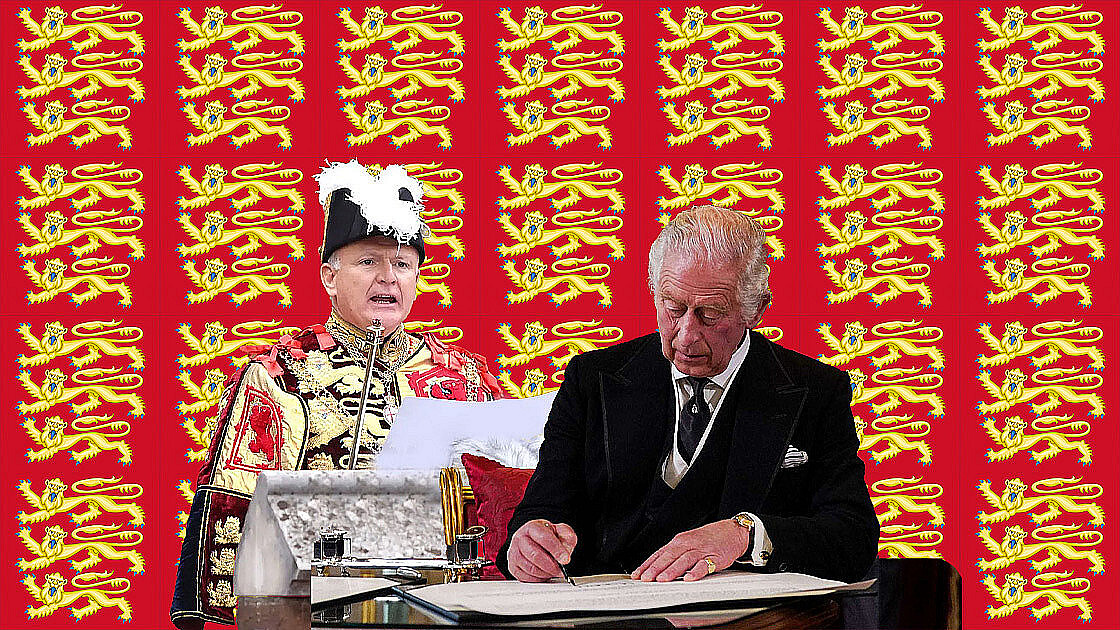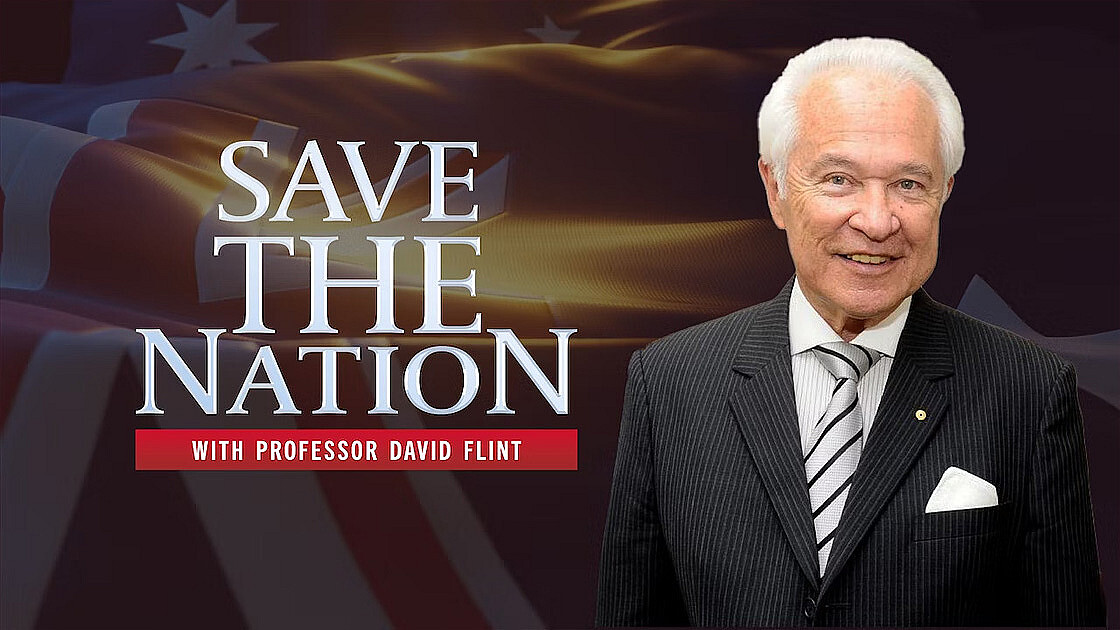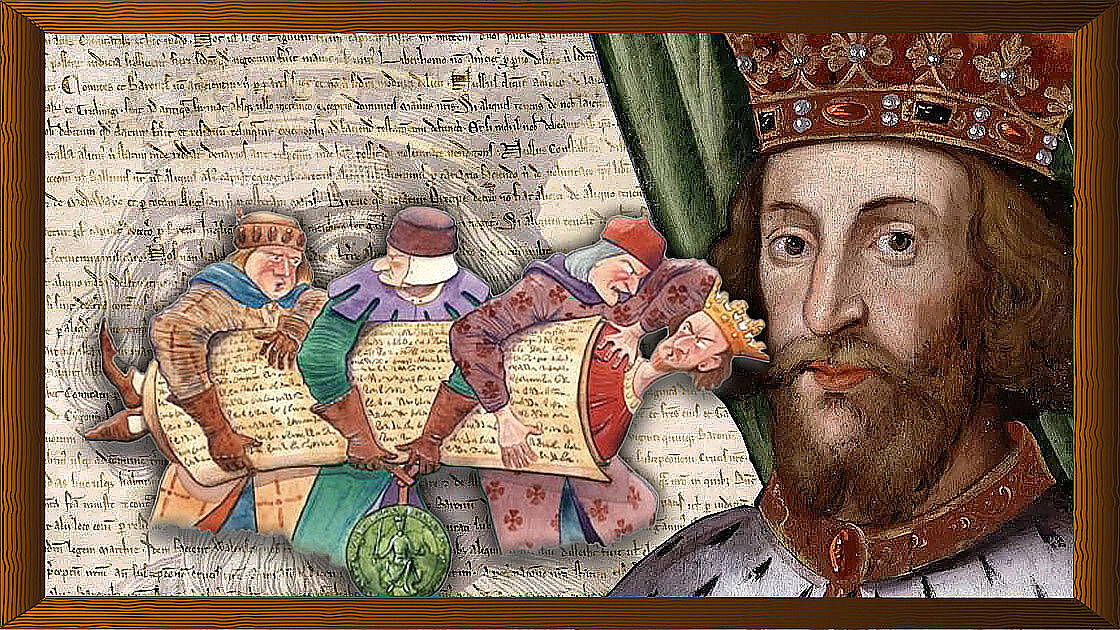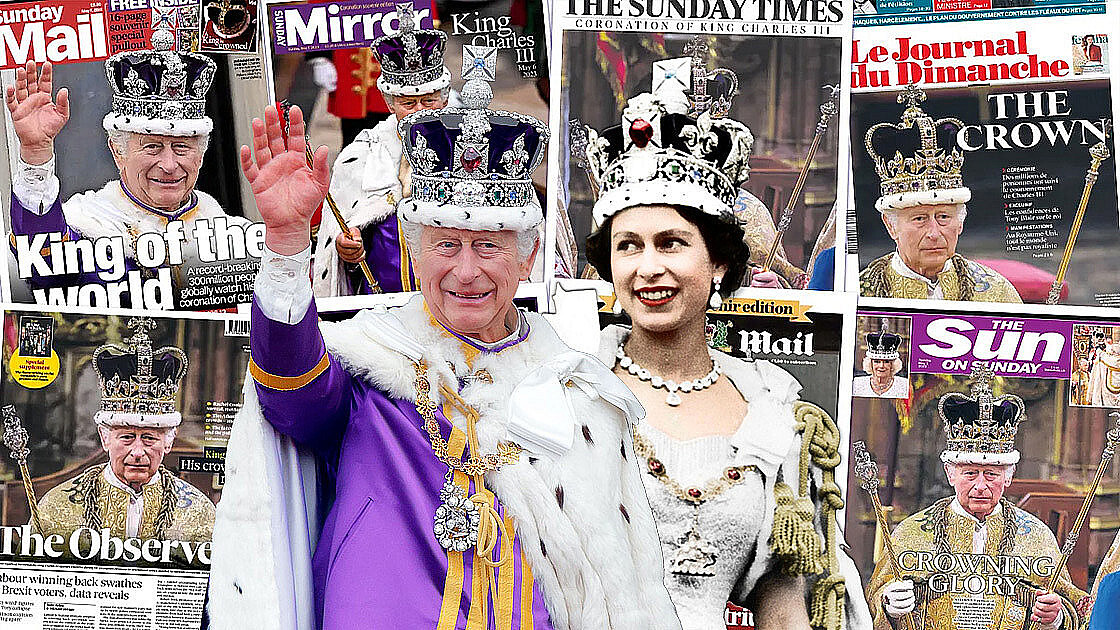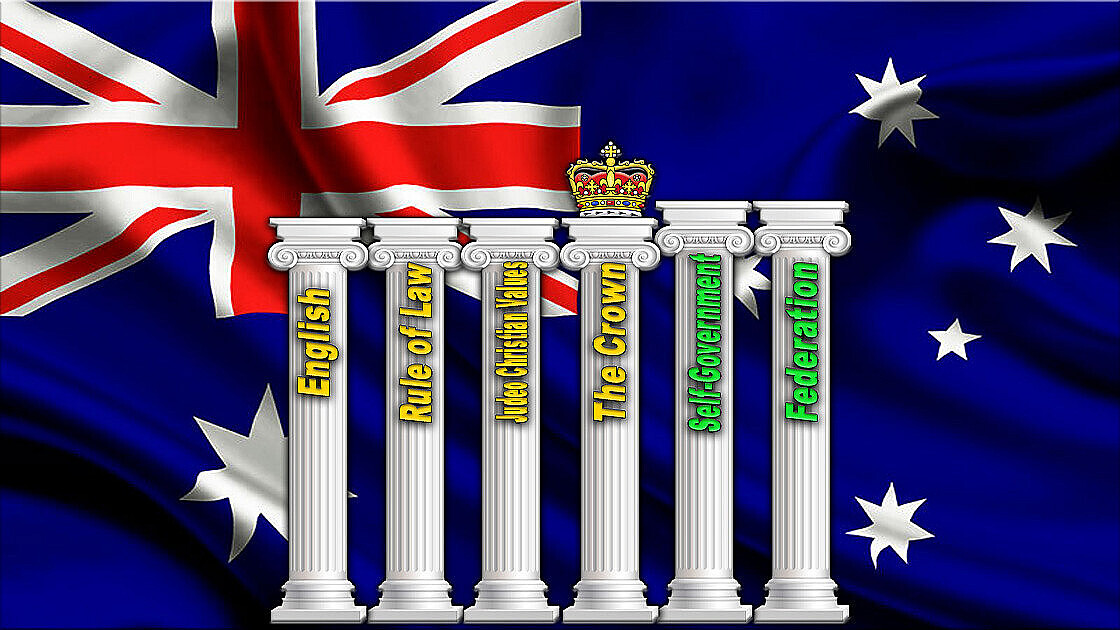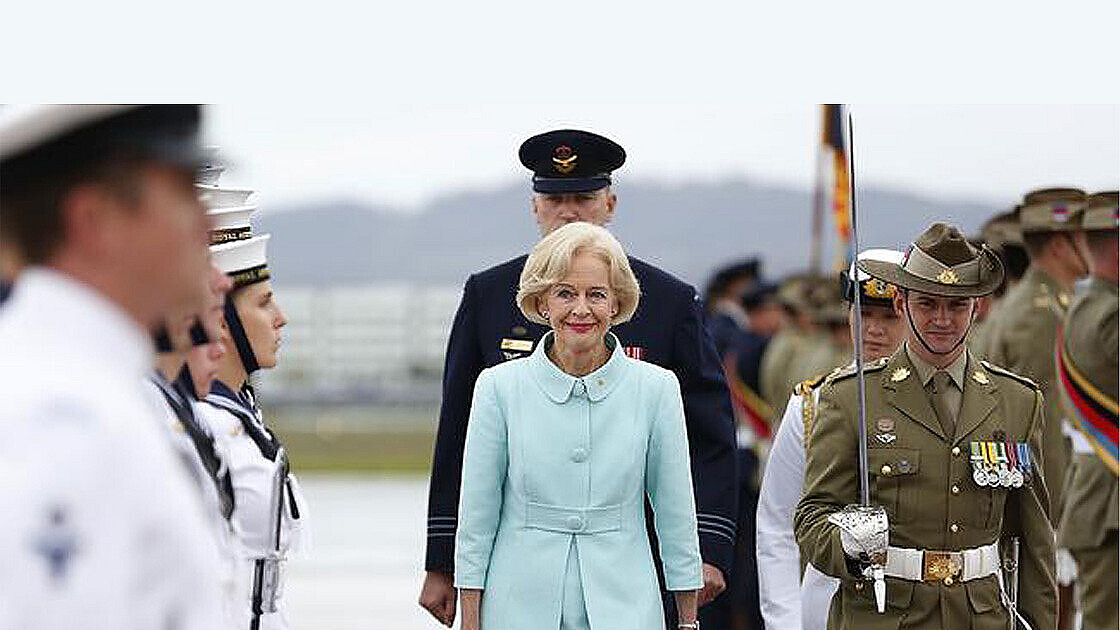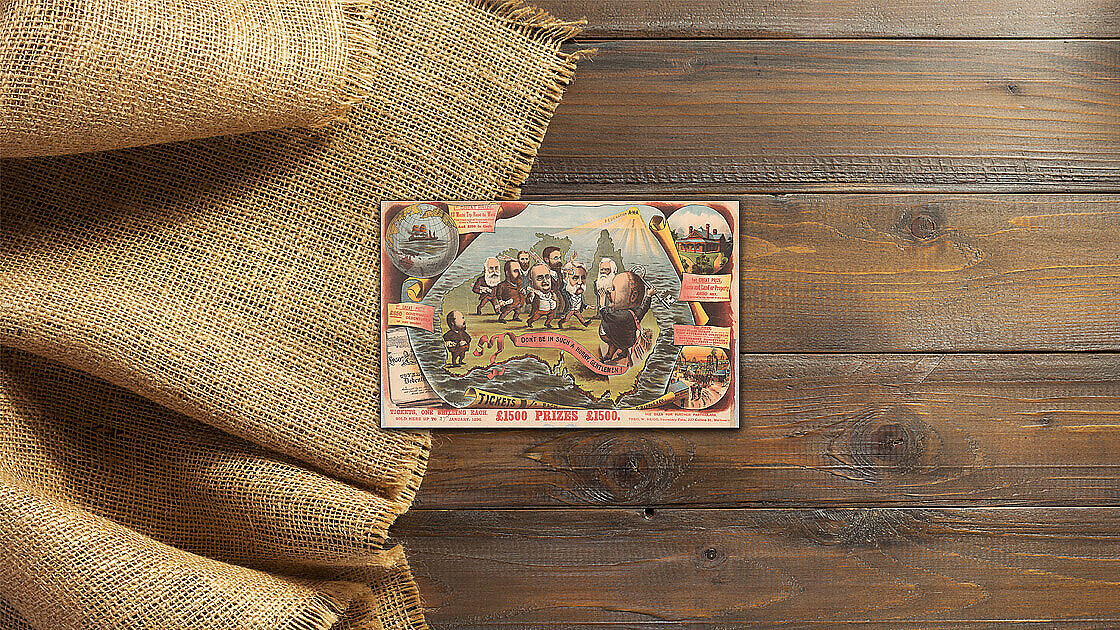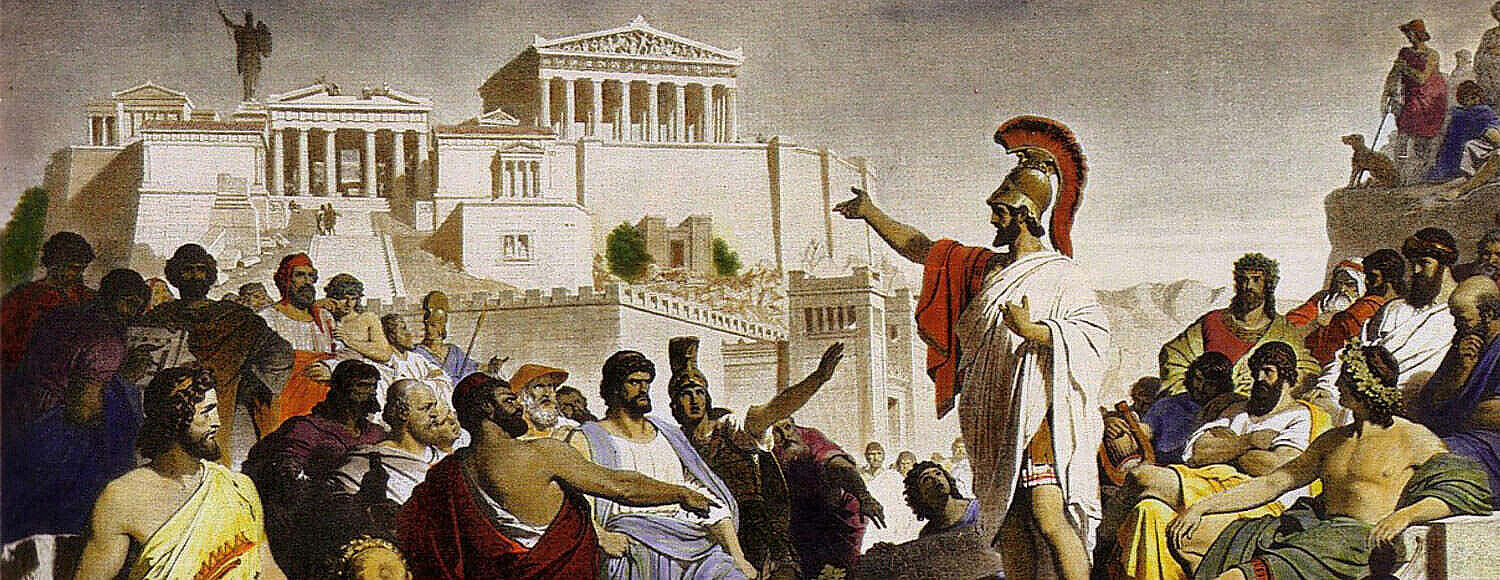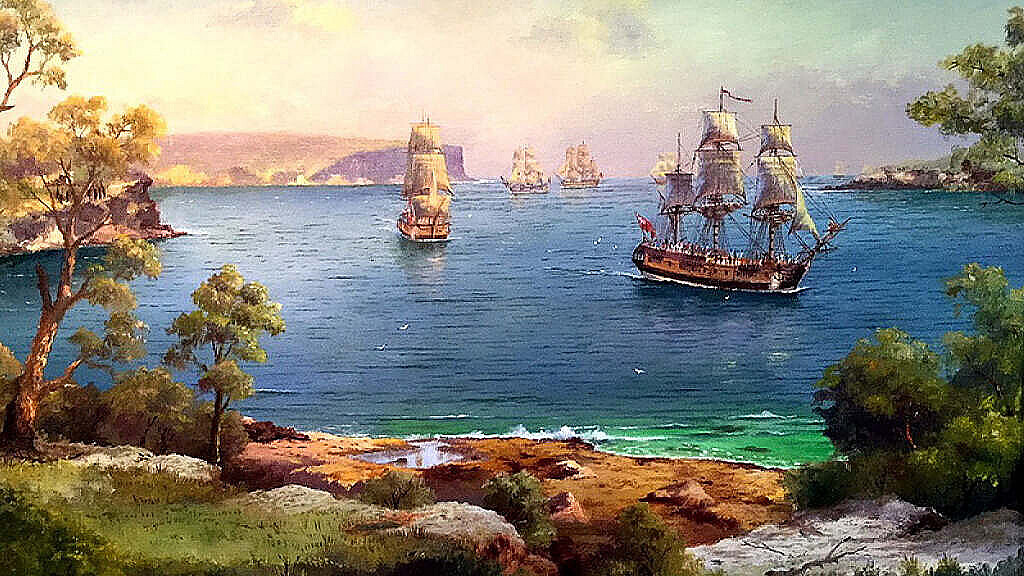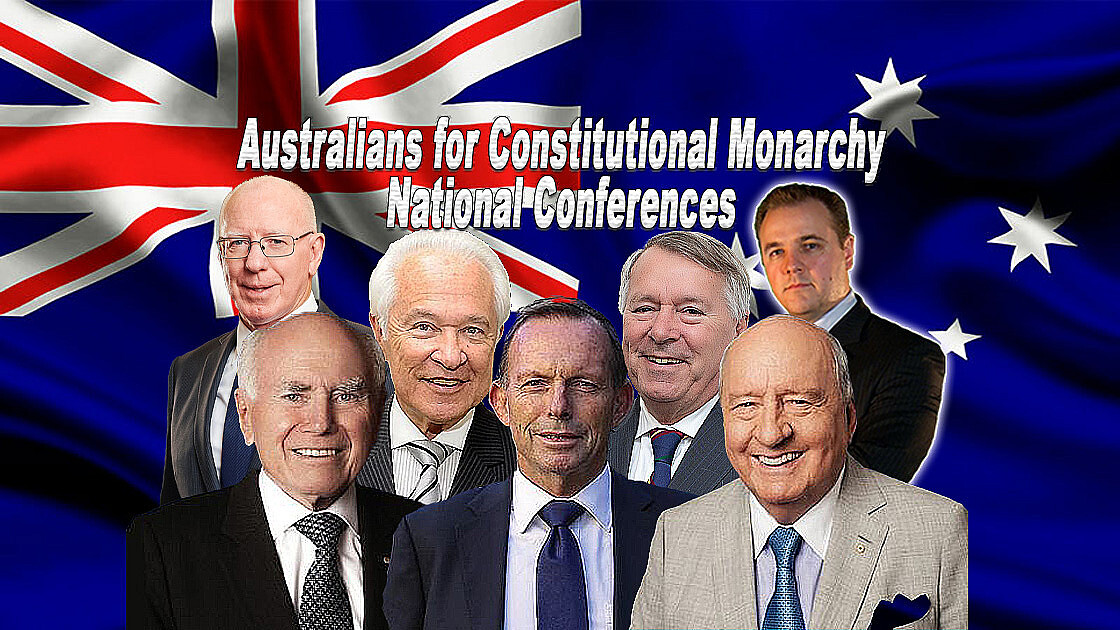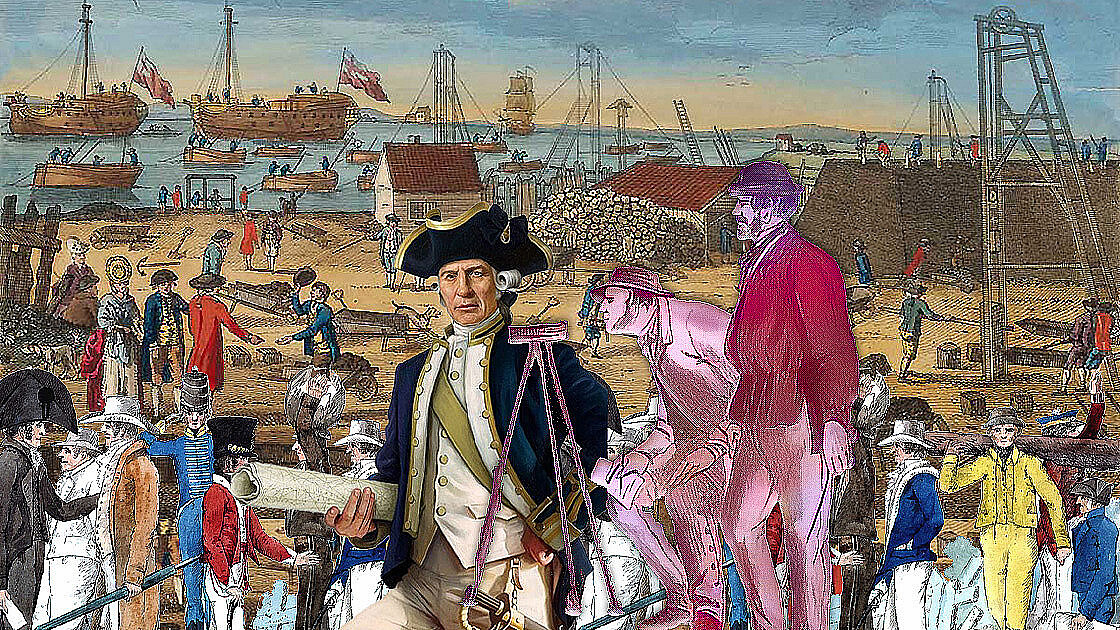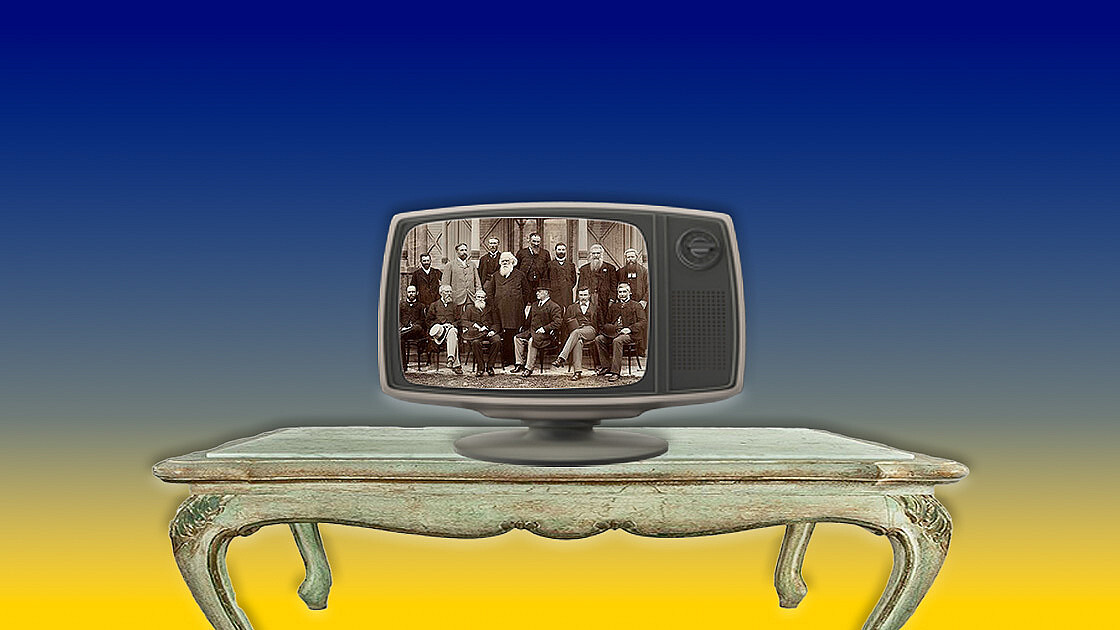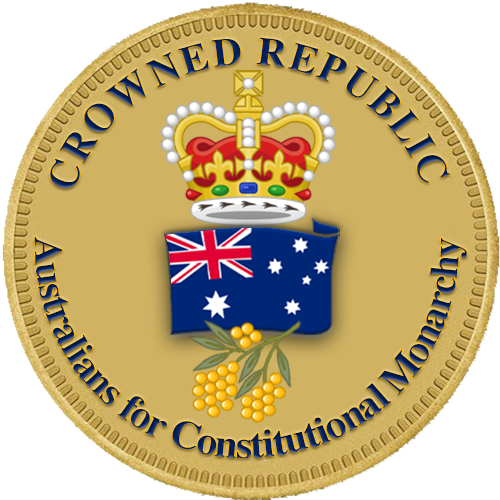They Did Not Come Alone
By: Professor David Flint AM
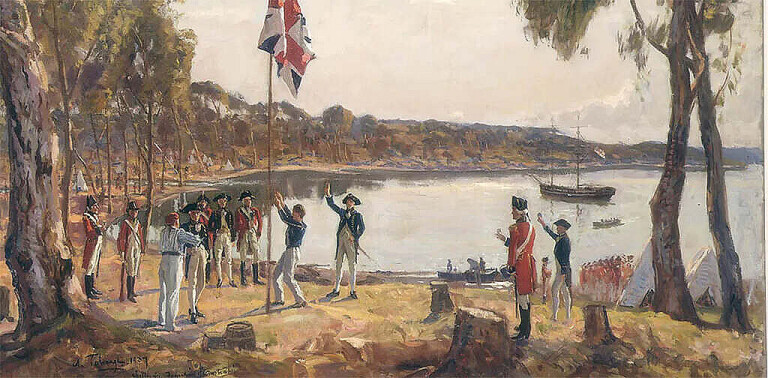
The First Fleet was that extraordinary venture when, under the command of Captain, later Admiral Arthur Phillip, eleven ships sailed from Portsmouth on May 13, 1787, with about 1487 people to establish the first European colony in Australia.
They did not come alone. Captain Phillip did not only bring people and provisions - he brought institutions which are with us today and which have made this nation. Those institutions - and the concepts and ideas behind them - are not the property of the Anglo-Saxons of Australia, to the extent that there are still people whose lineage over the last two hundred and twenty-three years can be described as pure Anglo-Saxon. Just as in the USA, these are the institutions, concepts and ideas which belong to all Australians, whenever they or their ancestors came to this land, wherever they came from and whatever their race.
To understand what was being brought here, we should recall the sort of country Britain was when Captain Phillip gave the order to sail. David Landes (in The Wealth and Poverty of Nations, 1998) says that the pre-eminence Britain enjoyed in the industrial revolution resulted from the British people having “elbow room”. Compared with most communities across the Channel, the British were free and fortunate.
Britain writes Landes, was developing into a precociously modern industrial nation. He writes that a prosperous society's salient feature is the ability to adapt to new things and ways. And one key area of change was the increasing freedom and security of the people. Yet, he says, the British still call themselves subjects of the Crown, while they have longer than anyone else been citizens.
This was due to that extraordinary constitutional settlement in 1688, the Glorious Revolution. This was a rejection of James II’s attempt to direct the constitution towards the absolutist centralist model of government which prevailed on the continent, especially in the France of Louis XIV. As Thomas Babington Macaulay put it, the Glorious Revolution achieved an “auspicious union of freedom and power”. And this was the constitutional model in its two versions which was to be adopted by democracies worldwide.
Alan Atkinson (The Europeans in Australia, Volume 1, 1997) says that in Britain, at the end of the American Revolution, two great issues dominated the conversation of polite and ambitious men and women. These were, first, the status of blacks in the empire and, second, penal discipline. Closely related to this were the issues which drove the Americans to revolt, resulting in the British establishing a penal colony in Australia.
It is said that the victors write history. So when we come to what was, in fact, very much a civil war, the dominant theme is thought to be “No taxation without representation”. Put aside the reasonable claim for some reimbursement of the cost of the successful defence of the colonies against the French and the error of the British not to involve the colonists in resolving that issue. But there were two other issues which motivated the American colonists, who were living in the freest colonies the world had ever seen. The first was King George III's Great Proclamation of 1763, which reserved all formerly French lands to the West of the thirteen colonies for the Indian tribes and prevented any European expansion.
The other centred on a notorious case in 1772 concerning a runaway slave, James Somersett. Lord Mansfield is said to have concluded his judgment with the words: “The air of England is too pure for a slave to breathe; let the black go free.” Americans, especially in the South, were appalled that Lord Mansfield would, by this decision, free 15,000 slaves in England, leaving slave owners with no recourse. That parliament showed no interest in reversing this. They feared, of course, the precedential value of this decision in the colonial courts.
It has been said, but nowadays not too loudly, that “The price of freedom from England was bondage for African slaves in America” (see Alfred W. Blumrosen and Ruth G. Blumrosen, Slave Nation, 2005). Beneath the unity of revolution lurked a compromise that could not endure and would lead to civil war in the next century.
Two men stand out in the settlement of Australia. One was the Secretary of State for the Colonies, Thomas Townsend, Viscount Sydney. Manning Clark dismisses him as a mediocrity. Actually, his role in establishing the foundations of this country was crucial. Above all, Sydney was strongly attached to the constitution, “a consideration superior to every other in his mind”. He revered the law and the consent of the subject.
There is a striking example of the sort of man he was. This relates to a female convict, Susannah Holmes. She was sentenced to death after being found guilty of theft, but the King commuted this to transportation to the American colonies for a term of fourteen years. It also relates to Henry Kable, convicted of burglary. His death sentence was also commuted to transportation for fourteen years to America. They were both held at Norwich Castle jail pending transportation with the First Fleet to New South Wales.
Susannah and Henry began a relationship. She gave birth to a son, whom she called Henry. When she was taken to the ship bound for Botany Bay, baby Henry was nine months old. The captain refused to take the child. The jailer, John Simpson, could see that Susannah was devastated. He feared she would take her life.
Simpson did an extraordinary thing. He went off with the child on his lap down to London. He decided he would go to the top. He would see the minister.
He found Lord Sydney on the steps of the Home Office. Instead of sending him away or turning him over to his advisers—if he had had such people—Lord Sydney listened to his story. And remember, the television cameras were not on him in those days.
Instead of advising Simpson to fill out some form and put in a submission which some committee could consider in due course, Lord Sydney, who was “greatly affected”, immediately “promised that the child should be restored, commending ... Mr Simpson’s spirit and humanity”.
As it would today, the story appeared in the media—in several newspapers. It would not have been the result of the efforts of the minister’s army of spin doctors. In those days, ministers of the Crown did not see the need for such people. The story attracted the attention of one Lady, Cadogan, who organised a public subscription. This produced the grand sum of £20. According to the retail price index, this is the equivalent of around $3500 today, but using average weekly earnings, it is more like $41,000.
Whatever it was, it was a small fortune to Susannah. It was used to buy her family—for that is what they had become—a parcel of goods. Our first clergyman, the Rev. Richard Johnson, was charged with giving them the parcel on their arrival in New South Wales.
This story tells you something about Lord Sydney. But there is a more important matter concerning the minister. Lord Sydney took a crucial decision that would fundamentally affect the colony. Instead of just establishing it as a military prison, he provided for a civil administration with courts of law.
Phillip and Sydney came out of the same Enlightenment in Britain, which was to bring forth William Wilberforce, who was to lead the world’s first successful campaign against slavery. Wilberforce used an image of such power it told a thousand words: a kneeling black slave who pleads, “Am I not a Man and a Brother?”
Lord Sydney’s enlightened approach reflected very much the views of Captain Phillip, who was to govern the first colony in the only continent of this world which has never known slavery. Phillip wrote, before leaving England:
The laws of this country will, of course, be introduced in [New] South Wales, and there is one that I would wish to take place from the moment His Majesty’s forces take possession of the country: That there can be no slavery in a free land and consequently no slaves.
As Keith Windschuttle wrote:
The idea that slavery was an affront to humanity that had no place in a free land was part of the original definition of what it meant to be an Australian ... [although] Arthur Phillip’s original anti-slavery declaration was once well known to earlier generations of students, historians today rarely mention it.
Like Sydney, Phillip was a humanitarian. As a ship’s captain, he had to reduce the water ration as supplies dwindled. He reduced his officers’ ration—including his own—so that the men would receive a full ration. The navy board had ruled that both soldiers and male convicts should receive the same ration and women two-thirds. When provisions dwindled in the colony, the ratio for most men was reduced to two-thirds. This extended to officers and the governor. The women’s rations were maintained.
What a fortunate conjunction there was in 1788: Great Britain as the colonial power, Lord Sydney as the Colonial Secretary, and Captain Arthur Phillip as the Governor.
The result was that Phillip did not come alone. He brought four institutions which would be the foundations of this country: the rule of law, the English language, our Judeo-Christian values, and an institution which would forever ensure leadership beyond politics, the Crown. And from that flowed three marvellous developments.
Phillip brought the great gift of the rule of law with him. Now the rule of law has, according to Sir Guy Green, two elements:
First, everyone, including and especially the executive arm of government, is subject to the law.
Second, while citizens may do anything not prohibited by the law, the executive government may only do those things authorised by the law.
To speak then, as some, including Robert Hughes, have done, of the colony as a gulag or as a primitive ancestor of the gulag is completely erroneous. As Alan Atkinson says, “Nothing could be further from the truth.” To call the colony a gulag is not only a libel on the memory of Phillip and Sydney but on the Australian nation.
The Soviet gulags were brutal and lawless concentration camps for political prisoners. Political prisoners had no rights whatsoever. They were lucky to be alive if being there could be called a life. The rule of law was foreign to the Soviet gulags and the whole Soviet Union and its vast empire over Eastern Europe.
Even under the broadest definition, few of the convicts sent to Australia could be called political prisoners. So defined, every government in this country, since 1788, has been under the rule of law—every government. Captain Phillip came with a Charter of Justice, which, unlike the provisions of the Soviet Constitution, was actually applied. He came with no lawyers but with a set of law books.
Just consider one example. Remember Henry Kable and Susannah Holmes. At Norwich jail, Henry, described as “a fine healthy young fellow” had shown a “remarkable fondness” for their child and a desperate desire to marry Susannah.
Phillip put five of the best-behaved women, including Susannah, in tents near his own. Then he gave her permission to marry Henry. On February 10, 1788, Susannah, Henry, and four other couples were married by the Rev. Richard Johnson in Australia's first European wedding ceremony.
Remember also the parcel of goods which Johnson was to give them on their arrival in the penal colony. Duncan Sinclair, the Master of the Alexander, the ship which carried the parcel, would only hand over a few books, claiming the parcel was lost on the sworn deposition of Henry Kable, a summons to bring the Master before a court was issued on July 1, 1788, by the Judge-Advocate, David Collins, to the acting Provost Marshal. The Master was brought before the court the next afternoon. Justice was delivered expeditiously. Three sailors, including the Captain of the Sirius, gave evidence.
This was the Court of Civil Jurisdiction, one of two courts established by the King under the Letters Patent, referred to as the First Charter of Justice. (The jurisdiction of this court was transferred to the Supreme Court of New South Wales, established in 1814 under the Second Charter of Justice.)
Now, under the law then in force, a convict who had been sentenced to death had no right to sue. This was the law of felony attaint. The Master boasted that they could not sue him.
If you go to the law report, Kable v Sinclair, you will see that on the summons, in the space for the plaintiffs’ occupation, the words “New Settlers of this place” had been crossed out and nothing put in their place. To have described them as convicts would have ensured they could not sue, and the words “New Settlers” were untrue.
When Sinclair challenged the prosecution on the ground that the Kables were felons and thus attainted, the court required him to prove it. As all the convict records had been left behind in England, he could not do so, and the court ordered Sinclair to make restitution of £15, now somewhere between $2500 and $30,000.
This was the first example of the Australianisation of the common law.
Can those like Robert Hughes, who likens the penal colony to a gulag, give a similar example of litigation by prisoners in a Soviet or Nazi gulag, particularly one where the Soviet or Nazi judges upheld the prisoners’ assertions? Of course not.
Henry and Susannah had eleven children, and he was a successful businessman. Their descendants celebrate their memory in family reunions, and the Four Seasons Hotel has a restaurant, Kables, in their memory.
The penal colony of New South Wales, harsh as it was by modern standards, was one of the most successful experiments in criminal rehabilitation the world has ever seen. As far as we can tell, the rate of recidivism, or return to crime, was extraordinarily low.
I should mention another case, Boston v Laycock (1795), which established beyond doubt that everyone, including soldiers, was subject to the same law. Indeed, from the beginning of the penal colony, the authorities were to insist on the application of the rule of law - at least the criminal law - to all men and women of all races and colours. That this was to be imperfectly applied and that there were to be legal restrictions on Aboriginal people, often for paternalistic reasons, is a matter of great regret. But it does not equate to some form of Nazism at the heart of white Australia.
The first prosecution concerning the killing of an Aborigine was in 1797: R v Millar and Bevan. And four years later, a convict, John Kirby, became probably the first European sentenced to death for killing an Aborigine after he stabbed a cooperative chief called Burragong, or King Jack: R v Kirby and Thompson.
Perhaps the most remarkable is R. v Kilmeister in 1838. There the application of the rule of law was demonstrated cogently in the final grave words of the judge when sentencing the white perpetrators of the massacre of Aboriginal people at Myall Creek. These words demonstrate that even then, the principle that the rule of law must prevail in Australian society, whatever the race or colour of the victim or offender, was fully upheld. Mr Justice Burton declared:
The circumstances of the murders of which you have been found guilty are of such singular atrocity that I am persuaded that you long ago must have expected what the result would be. This is not the case where a single individual has met his death by violent means; this is not the case, as has too often stained indelibly the annals of this Colony, where death has ensued from a drunken quarrel; this is not the case, when, as this session the Court has been pained to hear, the blood of a human being and the intoxicating liquor were mingled on the same floor; this is not the case where the life or property of an individual has been attacked, ever so weakly and arms have been resorted to.
No such extenuating circumstances as these, if any consider them extenuating, have taken place. This is not the case of the murder of one individual, but of many—men, women, and children, old men, and babes hanging at their mothers’ breasts, to the number in all, according to the evidence, probably of thirty individuals, whose bodies on one occasion were murdered - poor defenceless human beings ...
I cannot expect that any words of mine can reach your hearts, but I hope that the grace of God may reach them, for nothing else can reach those hardened hearts which could surround that fatal pile, and slay the fathers, mothers, and the infants ...
I cannot but look at you with commiseration; you were all transported to this Colony, although some of you have since become free; you were removed from a Christian country and placed in a dangerous and tempting situation; you were entirely removed from the benefit of the ordinances of religion; you were one hundred and fifty miles from the nearest Police station on which you could rely for protection - by which you could have been controlled.
I cannot but deplore that you should have been placed in such a situation - that such circumstances should have existed, and above all, that you should have committed such a crime. But this commiseration must not interfere with the stern duty, which as a Judge the law enforces on me, which is to order that you, and each of you, be removed to the place whence you came and thence to a place of public execution, and that at such time as His Excellency, the Governor shall appoint you be hanged by the neck until your bodies be dead, and may the Lord have mercy on your souls.
What greater evidence of a society under the rule of law for all, and all races and colours, can there be than these words?
The benefit of the English language to the new land was not fully understood in 1788. A language dominates not so much for its quality or the quality of its literature. It is a question of power. The full realisation of the remarkable vocation of our language came from the extent of the British Empire and its dominance over France. In addition, for the very first time in history, the dominant power was immediately succeeded by another power, its former colony, which spoke the same language. This was, of course, the United States.
I would not predict which country will surpass the United States. But of the contenders, remember the significant place English enjoys in India.
Our Judeo-Christian values
The motto of our oldest university is Sidere mens eadem mutato—the same mind under a different sky. I think that captures the theme of this paper.
In addition to the rule of law, and our language, Phillip brought our Judeo-Christian values. They permeate our laws, language, institutions and even federation.
This does not mean Australia should not welcome those from other religions, nor does it mean that there is any obligation for an Australian to belong to any of these religions, or indeed any religion. In fact, this openness to others was stressed in the first sermon preached in this land on Sunday, February 3, 1788. This first public service was well attended, due no doubt to the direction by the Governor that “no man to be absent on any account whatever”.
The service was to begin at 10 a.m. under “a great tree” close to the harbour, now the corner of Castlereagh and Hunter Streets. The Rev. Richard Johnson chose as his text Psalm 116:12: “What shall I render unto the Lord for all his benefits toward me? I will take the cup of salvation and call upon the name of the Lord.” He began:
I do not address you as Churchmen or Dissenters, Roman Catholics or Protestants, as Jews or Gentiles ... But I speak to you as mortals and yet immortal ...
The gospel ... proposes a free and gracious pardon to the guilty, cleansing to the polluted, healing to the sick, happiness to the miserable and even life for the dead.
That influence was to continue, although undermined by the so-called Rum Corps.
Over one century later, in the public consultations on the draft of our federal Constitution, more supporting petitions were received than any other concerning a proposal that the preamble recognises what one delegate called the “invisible hand of providence” in the Federation of Australia. So we find in the preamble a provision which summarises, succinctly, the very pith and substance of that great act of unity. This is the people of each of the several states: “humbly relying on the blessing of Almighty God, have agreed to unite in one indissoluble Federal Commonwealth under the Crown ... and under the Constitution hereby established”. This, it should be noted, led to the insertion of the somewhat superfluous clause against establishing any religion, section 116.
Leadership beyond politics: The Crown
The institution which Phillip represented is our oldest. Alan Atkinson says the Crown figured largely in his view of the world. He paid extraordinary attention to our oldest holiday, the King’s birthday. “Phillip’s reconstruction of the Crown within his government, his essence in transferring the essence of eighteenth-century monarchy to this vast and remote space, was a remarkable labour of imagination,” writes Professor Atkinson.
The Crown has since evolved and been Australianised so much that our High Court has ruled that the Australian Crown is an institution separate from the British Crown and that allegiance to the Crown is allegiance to a foreign power (Sue v Hill, 1999). All that the Australian Crown has in common with the New Zealand Crown, the Canadian Crown or the British Crown is that the same person wears them and that the law of succession is identical in each of the sixteen Realms.
The Australian Crown is now a significant part of the Australian constitutional system. Providing leadership beyond politics, it is a significant check and balance against the improper exercise of political power. This works in three ways.
First, provided a government retains the lower house's confidence, it tends to control the house. This control is more evident in Australia. This is unlike the situation in, say, the USA. The Crown becomes a significant check and balance on this control in the Westminster system. It does this as a constitutional guardian through not so much the exercise of but the existence of the reserve powers which Bob Carr once boasted he had destroyed.
Second, the Crown acts as an auditor of the executive. The protocol is that significant government decisions are affected by advice to the Crown in the Executive Council. The Crown must be assured that what is proposed is within the power and that any conditions on exercising that power has been fulfilled.
Third, the other state institutions which are outside the political arena owe their allegiance to the Crown and not to the government of the day. These include the judiciary, the armed forces, the public service and the police forces.
If the Crown were to be removed from what is, according to the Constitution Act, our federal Commonwealth under the Crown, the result would be that the power of the political class would be considerably increased unless an alternative institution can be found. The noted Republican, Professor George Williams, agrees that the 1999 model had serious flaws.
The place of the Crown is under challenge. That is their prerogative if the Australian people decide to dispense with the Australian Crown. But those who wish to remove it are duty-bound to do three things. If they do not, they will fail.
First, they must understand the role and function of the Crown. It is surprising how often reformers do not understand what they want to change or advance spurious reasons for change, for example, attaining independence.
Second, they must provide details of exactly what is proposed to replace the institution in all its aspects.
Third, in the words of those great Founding Fathers Sir John Quick and Sir Robert Garran, they must persuade the people in a referendum that the change proposed is “desirable, irresistible and inevitable”.
Captain Phillip brought those institutions, concepts and ideas that made this country and are still with us. There were three principal consequences.
First, within a surprisingly short period, the full panoply of self-government under the Westminster system was exported to five of the six colonial, later state, capitals, and later to Perth.
The French, the Spanish, and the Portuguese did not transmit the parliamentary concept to their colonies, as the British did to their American colonies long before independence and as they did to Australia. Why? Because they either could not or would not. Except for the Dutch, they did not have this concept at home. And the Dutch showed no interest in granting self-government to their colonies.
So parliament, self-government and the Westminster system, the fifth pillar of our nation, came very early to Australia, within one generation of the founding of the penal colony. Australians quickly adapted to these institutions, making them even more democratic and, thus, more Australian.
There is one crucial point. This had absolutely nothing to do with the Eureka Stockade. There is no need to invent a “war of independence” which never occurred.
Initially, the power of the colonial governor was restricted by the law and carried out under written instructions from London. A legislative advisory council and an executive council later tempered this power. Gradually the legislative council took on an increasingly representative flavour, and within a surprisingly short period, the executive became responsible to that legislature. This is even more remarkable if we remember that most states started as penal colonies. From 1823 there was to be a gradually increased involvement of the people in the governance of what was now a civil and no longer penal colony.
By 1842, as Professor P.H. Lane points out, we can identify three fundamental constitutional doctrines applying in New South Wales:
- "No taxation without representation”: the newly constituted people’s institution was to make laws, including the tax laws.
- “The financial initiative of the crown”: the governor must first recommend to the legislature the purpose for which public money was to be appropriated.
- “Parliament controls the expenditure of public money”: that is, the legislature must make an appropriation of (most) revenue, and in no other manner.
The second Australian Constitutions Act, 1850, “An Act for the better Government of Her Majesty’s Australian Colonies”, brought similar reforms to the other colonies (except for the Moreton Bay district - Queensland - which was attached to the New South Wales legislative council until 1859). This act was extremely important. It empowered the various colonies to draft their own constitutions, although they were still to be approved by the Colonial Office in London before being presented for the Queen’s assent. The New South Wales and Victorian Constitutions received royal assent on July 16, 1855.
To strike down another myth: the bills were in London well before the Eureka Stockade. Whatever the Eureka Stockade achieved, it was not democracy.
The state constitutions were, as Lane puts it, “essentially home grown, even if monitored by the Imperial authorities”. London never imposed them. And this was half a century before the federal Constitution. Lane observes that the development of the legislative council in each of the colonies brought about constitutional monarchy in Australia. Also known as a crowned republic, this is a system of government in which the Crown does not exercise absolute power, only limited power under the Constitution. In particular, the Crown is advised by its ministers, who are answerable, through parliament, to the people.
The state governors today survive as living symbols of the process of evolution to a representative and responsible government under the Crown, under which they act as constitutional umpires and auditors.
Federation
Federation was the second consequence. It was never inevitable. In fact, when the British first suggested it, the local politicians were outraged. And it was extraordinary; it was different from any other federation. There were no deaths, no violence, and no threats of war. Quick and Garran described this great achievement this way:
Never before have a group of self-governing, practically independent communities, without external pressure or foreign complications of any kind, deliberately chosen of their own free will to put aside their provincial jealousies and come together as one people from a simple intellectual and sentimental conviction of the folly of disunion and the advantages of nationhood.
The States of America, Switzerland, and Germany were drawn together under the shadow of war. Even the Canadian provinces were forced to unite by the neighbourhood of a great foreign power.
But the Australian Commonwealth, the fifth great Federation of the world, came into voluntary being through a deep conviction of national unity. We may well be proud of the statesmen who constructed a Constitution which—whatever may be its faults and its shortcomings—has proved acceptable to a large majority of the people of five great communities scattered over a continent; and proud of a people who, without the compulsion of war or the fear of conquest, have succeeded in agreeing upon the terms of a binding and indissoluble Social Compact.
Australia is one of the world’s oldest continuing democracies. In the United Nations Human Development Index, which measures countries according to their wealth, health and education, Australia invariably comes not only in the top twenty or the top ten but the top five.
Good international citizen
There is a third consequence. Australia has been involved in a remarkable way in defending the freedom and liberty of others. In the Second World War, we were one of a handful of countries that fought from the beginning to the end. As a percentage of the population, almost twice as many Australians gave their lives as Americans, 0.57 per cent to 0.32 per cent. It was more than ten times as many in the First World War, 1.25 per cent to 0.11 per cent.
This is not to denigrate the great contribution of the United States. It is to compare our contribution with that of another power whose territory was not a principal theatre of war in the first and only marginally in the second. It is to give some perspective to our contribution (our Anzac partner, New Zealand, made a broadly similar contribution).
Conclusion
Those on the First Fleet did not come alone. What they brought, those considerable and enduring gifts, have made this nation. That is our heritage. We should neither cast them out nor ignore them nor negligently order our educational system so that the young know little about them.
We should not only recall those wise words of the great Irish statesman Edmund Burke, but we should also apply them:
It is with infinite caution that any man ought to venture upon pulling down an edifice which has answered in any tolerable degree for ages the common purposes of society, or on building it up again, without having models and patterns of approved utility before his eyes ...
Society is indeed a contract ... It is a partnership between those who are living, those who are dead, and those who are to be born.
[This paper was delivered on Friday, May 14, at the Sydney Town Hall to a reception of the Sydney–Portsmouth Sister City Committee called to mark the 223rd anniversary of the sailing of the First Fleet from Portsmouth and was published in Quadrant in October 2010.]

